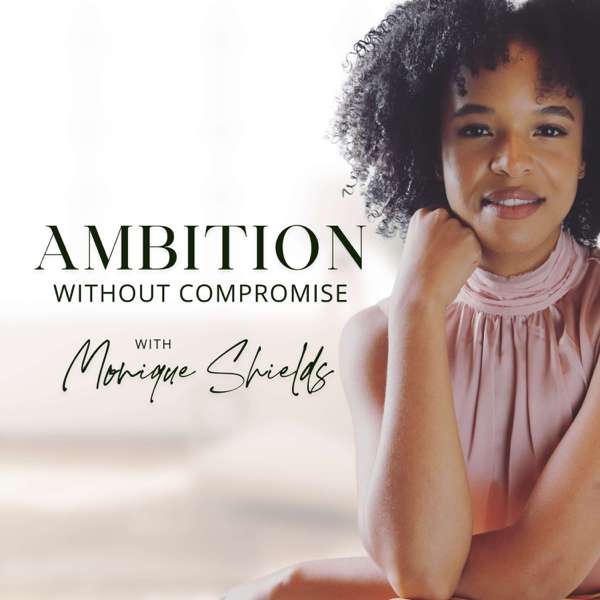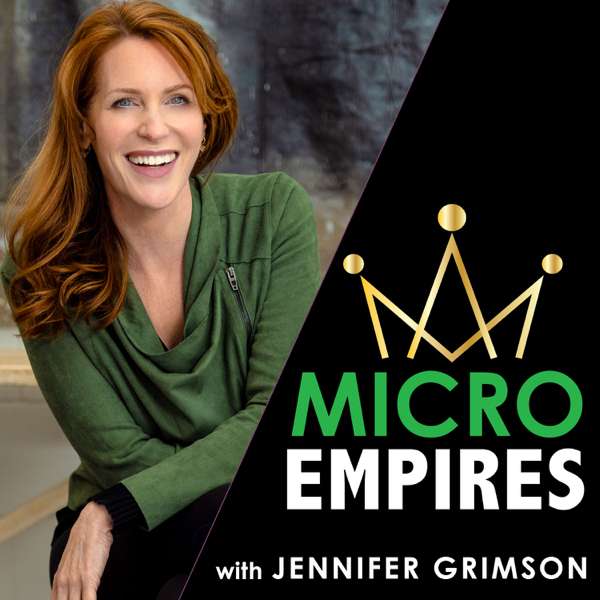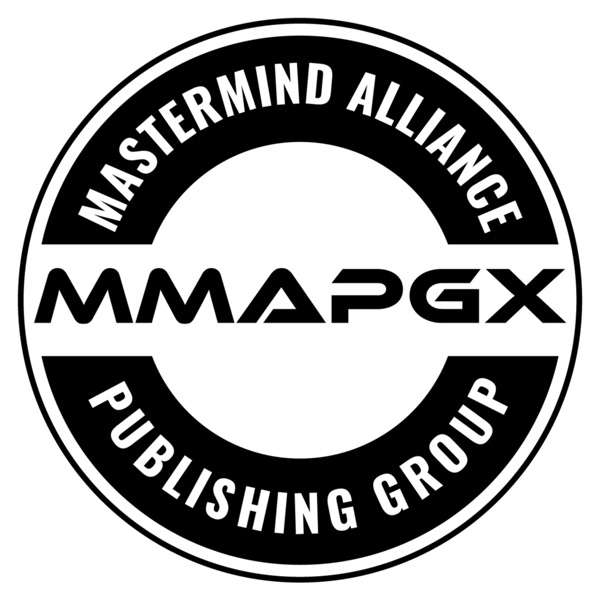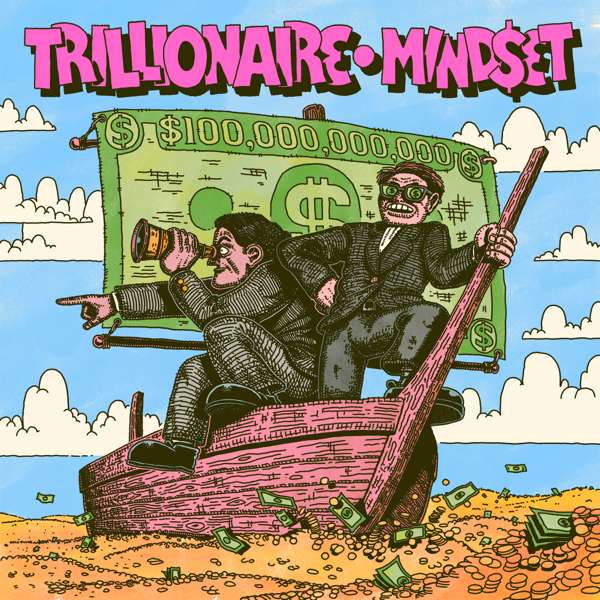Controlling your own professional narrative is especially important when you’re changing career paths. Proactively taking control of your own narrative helps you ensure that your unique value and aspirations come through clearly and convincingly.
On episode 94 of the Career Relaunch® podcast, HR adviser turned executive coach Maura Lightfoot shares her thoughts on finding your voice in an environment where you’re an outlier and the importance of identifying the common thread across all your diverse professional experiences. I also share some thoughts on the importance of owning your own narrativeduring the Mental Fuel® segment.
Key Career Takeaways
- Working abroad gives you an opportunity to find your unique voice when you are an outlier and minority in your workplace.
- When you’re proud of the work you do and an organization values someone with your unique skillset and background, that’s a sign you’re working for the right employer.
- Working in a mission-driven world doesn’t preclude you from burnout. In fact, you may be more susceptible to burnout because you’re so passionate about your work.
- Find the common thread across your work. Everyone has the power to author their own story.
- Often, you must go through a bit of messy upheaval in your career before you eventually find your way. It’s just part of the journey.
Listener Challenge

My challenge to you is to take some time to identify the common thread across all the work you currently do and have done in the past. What’s been your common motivation across your roles? What’s the singular purpose that gets you out of bed each day? Try to capture it in words and see how it sits with you. Share that statement with others to see how it lands with them.
Making an effort to articular this can hopefully provide you with some clarity and direction when exploring new opportunities and communicating what you bring to the table in those situations.
About Maura Lightfoot, Executive Coach

Maura Lightfoot knows a lot about taking control of your professional narrative. Consistent throughout Maura’s career has been her drive to empower others in their work. From human resources in the Middle East to financial services management consulting in London to nonprofit organizational culture in Washington D.C., Maura’s international experience equips her with a unique perspective that’s both grounded and global.
Now an executive leadership coach, Maura works with clients around the world including North America, Europe, Africa, and the Middle East. Learn more about Maura’s coaching work or connect with her on LinkedIn.
Did You Enjoy This Episode? Please Let Us Know!
Comments, Suggestions, or Questions?
If you have any lingering thoughts, questions, or topics you would like covered in future episodes, record a voicemail for me right here. I LOVE hearing from listeners!
Leave Joseph a Voicemail
You can also leave a comment below. Thanks!
Thanks to Wise for Supporting the Career Relaunch® podcast
 Wise is the world’s most international bank account. It lets you hold and convert multiple currencies all in one place, offering a smarter, easier way to move money internationally without the typical bank fees or foreign exchange commissions. I’ve used it for years myself to handle many of my own international transactions. Try Wise for free at CareerRelalunch.net/wise.
Wise is the world’s most international bank account. It lets you hold and convert multiple currencies all in one place, offering a smarter, easier way to move money internationally without the typical bank fees or foreign exchange commissions. I’ve used it for years myself to handle many of my own international transactions. Try Wise for free at CareerRelalunch.net/wise.
Interview Segment Music Credits
Episode Interview Transcript
Maura: [03:01] Thank you so much for having me, Joseph. It’s wonderful to be here. I’m so delighted to reconnect in this way, and really looking forward to the conversation.
Joseph: Well, let’s get started by getting a glimpse into what’s happening for you at this particular moment. What are you focused on right now in your career and also your life?
Maura: [03:19] I’m currently based in Bethesda, Maryland, which is just outside of Washington, D.C. It’s wonderful because it’s rich in culture. It’s an incredibly diverse place to live, and so we’re enjoying that. As a result of that, and sort of related to that, I’ve had the benefit of working for an international non-for-profit over the past few years. Most recently, I’ve moved into executive leadership coaching. I’m now working with leaders on how and where they show up in the workplace, which is very exciting.
Joseph: I also know that you are a mother of two young boys. How do you go about balancing that with starting a new coaching practice?
Maura: [03:58] They are a handful, 4 and 6 years old. We do have help. I wouldn’t be able to do this without our wonderful nanny who’s been with us for a few years. One of the benefits of coaching for me, and the reason I made the transition, is to spend more time with them. Being able to spend time with them in the afternoons, and have special time together has made a big difference. Even just the last few months in our relationship, which have been great.
Joseph: I’m also, as you know, a career consultant. I know that since moving into working for myself, it has definitely been helpful as a parent. I wouldn’t have it any other way. It definitely offers you some flexibility that you wouldn’t necessarily get if you were in a traditional full-time, corporate role. As I know, you and I have both been in the past.
You haven’t always been an executive coach, and I do want to come back to that toward the end to explore your journey into coaching. But could we just go back and talk a little bit about some of the major transitions that you’ve had in your life? We’re going to cover some major geographical transitions, some functional and role changes that you’ve experienced. But I’d love to just go back in time and talk about really the beginning part of your career. As I understand it, you did your undergraduate studies at the University of Pennsylvania. What were you studying at the time and what were your initial career plans?
Maura: [05:21] I was at Penn. I was an Anthropology, major; African studies, minor. I pursued that because I loved people. I mean to put it very simply, I loved connecting with people and understanding more about their systems and the dynamics between them, intra- and inter-system connections and dynamics. And so, I was able to pursue that in my studies. I did know at the time that I didn’t want to be an anthropologist sort of an academic professionally. So, that opened the door to what’s next.
I had this incredible study abroad experience as part of my African studies minor where I was able to spend almost four months in South Africa in an immersion program. We had four homestays. We learned Xhosa through an intensive language study. I found myself in environments that were completely foreign to me and absolutely loved it. I wasn’t sure exactly what I wanted to do after undergrad, but I knew I wanted to sort of replicate that experience in some way.
Joseph: Now, you posted on LinkedIn last month, which reminded me of you and the work that you’re doing, that you said that one of your top priorities when you were graduating from Penn was to get a job overseas. Why was that so important to you?
Maura: [06:40] It all started with that experience studying abroad. I can’t sort of thank the people that were involved in that enough. I grew up in South Jersey. I went to school 20 minutes from home, and very supportive family, and really wonderful environments. I wanted to experience a diverse setting, an environment that was different from that in which I grew up. I was able to do that in my undergrad studies. Wanted to do that again when I graduated. And so, I applied for programs and jobs that were in really kind of remote places. Places you wouldn’t think of necessarily.
Joseph: Could you give a sampling of a few of the places you were thinking about going to?
Maura: [07:25] Mexico was probably the closest place. I was looking at Peru. I was looking at Vietnam. My two job offers — actually, I only had two in the end. It came down to teaching in Ulan Bator in Mongolia and becoming an HR recruiter in Doha, Qatar. And so, that’s how I ended up in Doha.
Joseph: How did you make the decision to go to Qatar over Mongolia? What was the main motivation there? If you can think back that far. I know this is a while back.
Maura: [07:56] For me, it came down to the job description itself. It came down to the role that I was doing. I was looking not just for what that was going to be in the moment, but something that would put me in a position that I could sort of leverage that into something, at a later time, that was more a longer trajectory that I was interested in pursuing professionally.
So, it was teaching English in Ulan Bator. Very exciting, huge geographic area. I mean there’s so much to do in Mongolia. Doha, Qatar itself, I should say is much smaller. I was moving at the time into an HR role, which I think for myself and my interest gave me kind of a bigger platform that I could then use to springboard into something else in the future.
Joseph: Now, I’ve never been to Qatar myself, Maura. I know it’s been in the news a lot lately with the World Cup. I have hosted a webinar for some execs out there. But I don’t know what life is like there on the ground. Could you give me a glimpse into what daily life was like for you there, as someone in her early 20s who had just moved there from the United States?
Maura: [09:04] Well, the country itself is only about 2 or 3% Qatari. Not sure exactly the latest numbers, but it’s 98 to 97%, at the time at least when I was there, foreign nationals. There are people from all over the world that go to Doha to work.
I was moving into a position working for a construction management firm. We had staff from all over the Middle East, from Australia, from Malaysia, from Canada, from the United States, from the U.K., from Ireland. I mean, all over the world. For in terms of the people that were based in the office, which I was, that was a smaller percentage of staff. Because most of our employees were actually out on construction sites and project sites. So, for those who are in the office every day, I was, myself, the youngest by at least 10 years. I was the only woman who wasn’t a secretary in a secretarial position. I was the only White person. I was the only native English speaker. And, I was the newest person to arrive to the office. Everyone else had been there for at least a few months.
It was an incredibly intense, intimidating environment. The people there were very kind, very nice, for the most part. But it was a lot it was a huge transition. On a personal level, I didn’t know anyone when I moved to Doha. I’d gotten the job in the U.S., and was on a plane within two weeks of my job interview. I [knew] a friend of a friend of a friend kind of thing, had one tenuous connection over Facebook that ended up kind of connecting me into a whole social network that I became friends with. But when I first landed, and for a few weeks, I was completely on my own. So, it was very intense.
Joseph: We are, coincidentally, we didn’t plan it this way. But we’re recording this on International Women’s Day.
Maura: [11:03] That’s true.
Joseph: You mentioned that you were the only female in the office who was in a non-secretarial role, one of the youngest, clearly someone who was an outlier and a minority in so many ways, age, race. What was that like for you in the office on a day-to-day basis? Did you think about it? Did it manifest in any way? Did it affect you? If so, how?
Maura: [11:25] It did certainly manifest. There are also cultural differences, which I came across, I mean continuously throughout my time there. I think the biggest thing that I had to figure out in that setting was, how do I find my voice? I would say find my feet, but it really became, how do I find my voice? As a woman who came from a family and a culture of strong women, that supports women, wants women to flourish and do well. Not everyone that I was with in that environment shared that sentiment. I, myself, experienced harassment, and inappropriate comments, and managers who didn’t want to support women or kind of thought women had a place that was different than the office, and told me as much. Told me that I would have a ceiling that was very low because I would have to have children someday, and that wasn’t very far off.
Not only did I have to find my voice and stand up for myself, I also found that as I did that, other women both in the office and out on the project sites, came to me for support in dealing with the kind of situations that they were facing themselves. I became an advocate for them as well. To the extent where I ended up moving to the Dubai office. I actually ended up putting together an anti-harassment training, which I delivered across the region to other regional offices across the UAE, Qatar, and also Bahrain. That became a key part of the work that I created for myself in that role, and what I wanted to kind of leave behind.
Joseph: Very interesting. Sometimes, I think about this, Maura. Because this is 2023, and you kind of hoped that we’ve made some progress in terms of gender equality and women being able to have the same opportunities in the workplace. Again, I’m making some broad generalizations here, but I’m assuming that they’re in a more patriarchal environment. That no matter what you do, it’s kind of hard to get ahead. Would you say that’s a fair characterization or not?
Maura: [13:37] I don’t disagree. I would certainly say that women are seen very differently in patriarchal societies through the lens of those who hold on to that view because it’s not just a society as a whole. We all know people who see life in that through that lens, and women are seen differently. It manifests and kind of shows up in the way that they’re spoken to and the expectations that are put on them. Opportunities are not seen to be connected to women in the same way as they are with men. It was a very bizarre experience to have that in 2008 to 2010, not that long ago.
I found myself at the age of 22, educating middle-aged men as to the art of what’s possible for women because I grew up with very strong female role models, including my mother who worked and raised four children. And, these men telling me, “Well, enjoy it while it lasts because in a not too distant future, you’re going to have to get married and have kids. And then, your career will be over,” was not my story. I found it important that they knew that, and that they understood that expectations for women don’t have to be different than they do for men certainly.
Joseph: I just got back from Pakistan just last week. I was out there for a few days hosting some workshops and I did have a conversation with a woman out there who was talking to me about the gender dynamics there. Again, broadly generalizing a slightly more patriarchal society, just the challenges that still exist right now and it’s hard to navigate it.
As someone myself, who is American, when I go into a different culture, sometimes I struggle with how much to voice my views on how things could be versus just the way that it’s been accepted in whatever society I’m in. I struggle with that sometimes. How did you manage that? Like balancing your opinions versus the societal norms in a very different part of the world.
Maura: [15:45] I think what I did was not try to project. The big exception being a straight-up harassment case because I did deal with those. That’s, of course, inappropriate. My opinion is that that’s inappropriate in any culture and regardless of gender. But with that being the exception, I mean I tried to explain to people what my views were for myself. Rather than say, “Hey, your expectations for yourself as a woman in this culture are lower than they should be.” Or, “Your expectations for your wife are lower than they should be.” It wasn’t a judgment about others. It was just to say, “Look. This is what I expect for myself, and I know I can do it because I’ve seen other people do it.” So, trying to kind of raise that ceiling through the stories about myself and my own narrative rather than judging others.
Joseph: I’m going to shift gears here a little bit. I want to talk about your transition. I know this is just one of the many that we’re going to cover today. So, you’re working in this firm in Qatar, and you’re working in HR. What triggered you to move to London after that? Can you remember what your motivation was in making that move?
Maura: [17:10] I can. I’m married to him now.
Joseph: That is often the reason why people make international moves.
Maura: [17:18] That was very professional and sort of personal driven by me. I ended up, as I said, I didn’t know anyone when I got there. I ended up meeting this great group of people. One of whom I started dating. He got into a Master’s Program in London and said, “Do you want to come with me?” I said, “Sure. I’ll go. I speak English,” which was a big mistake because the English language in the U.K. is very different from American English. I managed to get a Visa for myself, a work Visa, while I was still in Dubai. And then, I moved from there to the U.K. with my work Visa, but with no job.
Joseph: I see. This was 2010. Is that right?
Maura: [17:54] Yes.
Joseph: But I guess the Visa restrictions were not quite as well restrictive at the time.
Maura: [17:59] When you’re applying for a job in another country — and I think this is true in most countries. You either need your own Visa, which has a work status, or you need to be sponsored by an organization. Being able to get that U.K. work Visa in Dubai meant that I was applying for jobs in London with the Visa. So, I didn’t need the company sponsorship, which just helped to be honest.
Joseph: Can you remember how it felt when you landed in London back in a predominantly English-speaking country? That is, I guess, at least for all intents and purposes, as different as it can get from a place like Dubai, or Qatar, or Doha.
Maura: [18:40] I still say this: it was the hardest thing I’ve ever done. I thought moving to London would be easy for all the reasons that you would assume. It’s incredibly bureaucratic. I wasn’t at the time a British national. We luckily had a family connection, and so we’re able to kind of get an address. Even just getting a cell phone, which you need to apply for jobs because they need to be able to call you, was really actually very challenging.
Joseph: Yeah. It is tricky.
Maura: [19:12] As much as there wasn’t a language barrier, it was much more bureaucratic, which I found challenging.
Joseph: So, you do land in London, you do finally manage to get a mobile phone, and a bank account and those kinds of things you need to get your life started there.
Maura: [19:24] Exactly.
Joseph: You move to ERM, environmental resources management, and are still working in HR. Could you explain what your trajectory was there? And then, ultimately, what triggered you to then decide to pursue your MBA?
Maura: [19:40] So, the challenge in working in HR, and then moving to a different country, is that there’s an expectation when you’re working with personnel that you understand employment law, which I didn’t and still really don’t in the U.K. However, ERM had this great position open which was in the international HR team. So, in their global HR team. Where I was able to work on more strategy-related projects, and I fell into learning and development, which I loved. Always on a global scale, supporting the staff around the world. That worked out really well that I was still applying my HR skill set, and the work that I’d done previously, but on a global scale. I was able to sort of overcome the lack of local employment law issue in that way.
As I kind of really got into that work more, I identified that my area of interest was, is/was, the overlap between business and culture. Obviously, I had a degree in culture anthropology. I’ve lived and worked in, at the time it was five, now, it’s almost 10 countries. I had done the HR work, kind of working with people across different cultures. On the business side, I’d worked for these international organizations. But I felt that I wanted to really bolster my business acumen to more to really round out that side of things. That’s where the MBA came in. To give me kind of a stronger business skill set, that business knowledge, if you will.
Joseph: This was an MBA at the Cambridge Judge Business School, which is where you and I first crossed paths.
Maura: [21:11] Yes.
Joseph: It must have been early 2015, or something like that.
Maura: [21:16] Yeah, that’s right.
Joseph: I guess eight years ago. During that time, you made another shift, and this is oftentimes, the motivation in pursuing an MBA is to make a bit of a pivot. Now, in this case, you made a pivot into the management consulting world, which is not an easy pivot to make. It’s a very esteemed sector. Can you explain how you managed to go from working in HR and learning and development, and then landing a pretty high-profile management consulting role at Deutsche Bank in financial services?
Maura: [21:50] I really wanted to round out my professional experience and expertise. I did use the MBA as a pivot opportunity, exactly as you said, and was able to find through one of the recruitment events that business schools often host.
A management consulting group that was actually internal to the organization — so Deutsche Bank has an internal management consulting arm, which is a very German model. There are a number of companies that do this. They have a slightly different mindset and approach to the more externally facing management consultancies. I ended up connecting with this group that was really open to people of diverse backgrounds and experiences and saw the value in getting people’s kind of perspectives that weren’t strictly from financial services. I think that’s key to any transition, is kind of being able to find people that are attracted to diversity and attracted to maybe a different skill set and see the benefit of that in the work that they’re doing.
And so, GMC group management consulting did that. I found a home there and a team that was really wonderful, and I had an incredible experience there.
Joseph: How would you describe the major differences between working and consulting, versus your prior roles?
Maura: [23:06] Working in consulting was a painfully steep learning curve, I have to say. I moved from talking with people around the world and developing training that I delivered over webinars to staff across different countries, to sitting in an office for 10 hours a day with no windows in front of a laptop, crunching client data. Using Excel skills that were way beyond my capabilities at the time, and was completely thrown in the deep end. Very high pressure, very high profile, hyperintense, and just completely different with a life that revolved around Excel and PowerPoint. More than kind of the people connection, which I was so used to in the past.
Part of my job in the Gulf was driving around the different construction sites, or even flying out to different offices and different countries, and meeting with people and hearing about their issues. My first 10 months at Deutsche Bank, I was sitting as I said in a windowless room in front of Excel with four other consultants. That’s kind of where we were, which is when you think of consulting, that’s often what you think of. Not all of my projects were like that, but it was a complete 180.
Joseph: I’m going to read between the lines here a little bit, and correct me if I’m wrong with it. It sounds like you were perhaps more in your natural element in the HR world perhaps because it was your first set of roles, and perhaps because you’d always had an interest in the human side of things. And then, you go into this role, which is very different. As you mentioned, focused around PowerPoint and Excel.
How do you reconcile this situation? Where sometimes, you’re in a role where you’re learning a lot, but maybe you don’t feel like it is quite you. How did you think about how long to continue doing that? Because sometimes, what happens is people go into these roles and they do it because they want to learn something, or they want to “do their time.” Especially in consulting. How did you think about how long to stay in that world? Or was that even part of your thought process at the time?
Maura: [25:22] It absolutely was. Part of my frustration with HR was people see it as really soft. Or sort of out of touch with the operations or the business side of things, which is why I wanted to kind of connect in that business and culture, those two pieces together, and therefore, I needed more of that business side. I sort of jumped in the deep end in that sense and kind of went to a place that was much, much more focused on the business than the people at least in so many ways, and I anticipated that. And so, I went into a thinking, “This is not forever.” On those really long, really painful days, I thought, “This isn’t forever, right?”
I sort of thought that three years seems to be this kind of magic number that I hold in my head when I make transitions. “If I could do this for three years, that’s fine.” Sometimes, it’s two, and sometimes, it’s five. But I sort of hold three years as some type of number for me, which feels manageable and comfortable because it’s a commitment, but it’s not a life sentence. Whatever that number is for others, even if again it doesn’t work out that way. But just to kind of go into something thinking, “Okay. Well, what am I comfortable with? What can I commit to? So, that I’m fully present to what I’m doing and able to really kind of make the most of this time, but I’m not also overwhelmed by, ‘Oh my gosh! I’m stuck here.'” That’s how I looked at it. I ended up staying at Deutsche Bank for almost five years. It did work out quite well for me.
Joseph: You would eventually move back to the U.S., which is where you’re now based. How did you come to that decision to move back to the U.S. after going on this incredible journey through the Gulf region, and then to Europe? What triggered you to make that move?
Maura: [27:16] While I was at Deutsche Bank, we had two children, our two boys, and had outgrown our flat in London and needed to make a decision of, “Okay. We need to move out. Do we move out to a bigger place in the U.K., or do we move to the U.S.?” For family reasons, for personal reasons, we decided to move to the U.S. I struggled sometimes to say, “Is it back to the U.S. or just to the U.S.?” Because our professional lives, I made my entire professional life, at that point, had been overseas. So, we made the decision to come back here, as I said, just outside of Washington, D.C., which is a very international place which gives me a lot of solace and joy. We have neighbors and friends from all over the world, and also who have a lot of global experience which kind of eased that transition a bit.
Joseph: I’ve always wondered about what it’s like to go — I know you said you’d never worked in the U.S. So it was moving to the U.S. At the same time, you’d spent your whole childhood and college years in the United States. What’s it been like for you? Because this was in 2020, right? So you’re coming up to, I guess, three years back in the U.S. Is that correct?
Maura: [28:31] Yeah. We moved in late 2019. It was actually six months before COVID lockdown, which is a weird time to transition to a new place.
Joseph: I’ll bet.
Maura: [28:40] I found that people assumed that we were from here. I mean, we are from here. I’m from New Jersey. But people ask you, “Where are you from?” And you say, “New Jersey,” and they say, “Okay.” Then, they’ve kind of fill in the blanks and assume that that’s been your life, and they don’t understand. They don’t know that I identify as from New Jersey, and so much more than that. It was confusing coming back here and talking with my sister about Roth IRAs, and things like that that my younger sister had more experience with this than I did. Getting frustrated with utilities, and things in my neighbor saying, “What do you mean you don’t understand how it works here?”
There are sort of assumptions that because I sound like I do and I look like I do, is that I understood how things work here and I have that lived experience. But, actually, I didn’t necessarily have that lived experience of working professionally in the United States. That’s been a very odd transition, and it’s very easy for us to compare life here to life elsewhere. Primarily, in the U.K. The D.C. area is a great place to be, and we’re enjoying that as well. It’s wonderful to be closer to family. That’s been wonderful.
Joseph: So, you go back to the United States, and then you shift into what I’m going to describe — I’m going to put a label on this, but into more of the “mission-driven world.” Oftentimes, when I speak with people who have spent time working in the for-profit corporate world, as you had up until this point, I know that people can sometimes be drawn to more mission-driven organizations. I’m curious what your motivation was in shifting into a more mission-driven world? Then, we can talk a little bit about the realities of that world.
Maura: [30:30] While I was at Deutsche Bank, there were a number of corruptions and scandals that were uncovered in the press. As I said, the management consulting group that I was part of was wonderful. The organization, as a whole, was not a place that I was always proud to say I worked when people ask. And so, that’s when I was then leaving, I wanted to find a place and land somewhere where I was really proud to say that I worked there. The D.C. area has a lot of international organizations, international [not-for]-profits. I had the benefit of looking around and saying, “Okay. Well, what are the organizations that I would be proud to work for?” And so, as you say that mission-driven component was very much important to me and a key part of what I was looking for in that next step.
Joseph: What were your perceptions of working in the more mission-driven world, and then what was the reality that you experienced?
Maura: [31:23] I thought it would be everyone sort of gung-ho supporting a cause that we all believed in. I ended up at the International Baccalaureate. The global component of my work up to that point was still part of the work that I was doing as the head of global employee experience. I loved the work. It very much was gung-ho. We’re all supporting this cause: creating education to make a more peaceful world. I mean, what a mission! The people that truly are passionate about it. That was a wonderful place to be.
There’s the flip side to it. People that are so passionate and so mission-driven expect a lot of themselves. One thing that I learned is that there’s a lot of burnouts that happen in mission-driven organizations. Not that there isn’t elsewhere, but certainly more than I expected. I thought, “Well, I’ll be leaving behind these crazy hours at Deutsche Bank,” and that wasn’t the case. I found in the mission-driven, not-for-profit world, people are very much working their tails off and some people are really burning out. In part, because they are so passionate. I was not expecting that.
Joseph: The last thing I was hoping to discuss with you before we wrap up by talking about your recent shift into the corporate world are some of the lessons you’ve learned along the way of your interesting career journey. Something you said in your LinkedIn post was that, “Our greatest learning often happens outside our comfort zone where we’re forced to grapple with the uncomfortable, the challenging, and the uncertain.” What’s something that you learned by working in those environments where you were a complete outlier?
Maura: [33:10] I would say the key thing is being really aware of yourself, who you are, what you need, and being able to advocate for yourself is critical. That’s where I think became grounded in who I was out of necessity. That’s made a huge difference then in being able to kind of make other pivots because I know where I’m centered from. I know where I’m sort of moving from at my core.
Joseph: Speaking of which, what is something that you wished you had known about making major career changes and making major geographical moves that you now know?
Maura: [34:09] I wish I had known that I would be able to tell a convincing story that people would actually be attracted to that. So often, I was told that there should be some kind of worry or concern, a fear of making a change, or reasons, focus on the reasons to not do it. What I found was I was always able to find opportunities where that was an advantage. I wish that I had known that that was going to be the case. To not kind of move from a place of worry, but actually to move from a place of opportunity.
Joseph: I want to wrap up with what you’re doing now. I know that you’ve recently made the move into the coaching world. Can you explain what that has been like for you to move from working as a full-time employee to starting your own coaching practice?
Maura: [35:05] For myself, to be able to explain that, and for other people to kind of follow, those shifts is to have sort of a common thread throughout that. For me, the connection throughout all the changes I’ve made is that I am motivated by the ability to empower others in their work. That’s what gets me out of bed. What I’ve done most recently is I’ve moved from empowering others in their work from a kind of organizational level, working in employee experience at a global organization, to empowering others in their work on a one-to-one level as an executive leadership coach.
What I’m finding is that the frustrations that I’ve had with organizations in the past, that change is too slow. It takes too much time for organizations to really make meaningful transitions, et cetera. That is all wiped away when you’re working one-to-one with individuals. There’s change happening you know within 45 minutes, within a single call. Let alone over six months or so. It’s been incredibly exciting, energizing, gratifying, and humbling to be witness to that change and to be part of people’s journeys as they’re figuring out where they want to show up, and how they want to show up and to support them as they grow and transform.
Joseph: What have you found challenging about this specific transition?
Maura: [36:31] It can be a bit lonely. I’m a very collaborative person. I love working with teams. Being a one-to-one exec leadership coach is a bit lonely. I’m starting to expand that and work with teams and do more consulting work, which is great. That’s been kind of the biggest challenge so far.
Joseph: When we were prepping for this call, I remember you mentioning something about this concept of a metamorphosis related to a caterpillar going to a butterfly. You mentioned this concept of “bug soup.” Could you just remind me, what’s that all about, and how has that related to your journey, into coaching?
Maura: [37:09] I started this transition back in August, September last year, which is around the same time in the northeast of the United States when Monarch butterfly caterpillars go into their chrysalis. We happened to have a caterpillar and we’re doing this with my kids as an activity. We’re doing a lot of research into what’s happening, so we can explain to them. I learned at that time that actually when a chrysalis is formed, if you were to open it up prematurely, in the middle of the metamorphosis, it’s actually a green goo that you’d find inside. What happens is the caterpillar breaks down all of its — okay, I’m not a scientist, that’s my disclaimer. It breaks down kind of all of its softer parts, into this bug soup, and then, it reconstructs into the butterfly. And then, when it’s ready, it opens and we know what happens after that.
And so, I was really struck as I was going through this process of establishing my own coaching practice by also learning about this concept of bug soup. I thought, “Well, that’s what’s happening to me.” I’m in the middle of this bug soup, where I sort of feel like I don’t know what I’m doing, and I’m stepping out on my own, and I’m moving from the comfort and security of a pay check in an organization and a team to being completely on my own and building a business. I’m bug soup.
I think the lesson there for me is that kind of acknowledging that it was — as I had an MBA professor said, the messy middle, that that’s okay. That’s part of the process. And, sort of trusting that I’ll come out on the other side in some form or another. Hopefully, a good one that can fly. But that was comforting for me at the time to kind of know that even animals go through, our bugs, go through this and I wasn’t so different in that sense.
Joseph: Speaking of this metamorphosis, the final question for you, Maura. What’s something you’ve learned about yourself as you’ve made this shift from the corporate world into starting your independent executive coaching practice?
Maura: [39:15] A key lesson for me has been, and continues to be, that I can and do every day author my own story. It’s something that I talk with my coaching clients about in terms of what’s your story and the power of stories. So often, we tell ourselves certain things, we tell ourselves stories. There’s a narrative in our heads, and that is so powerful in terms of shaping who we are and how we show up. We’re talking about career transitions.
Everyone has the power to author their own story. I talked to my coaching clients about this. The power of stories that we tell ourselves, the narratives in our heads, we all have it. The stories that we create, that we narrate, both looking back in terms of what we want to glean from where we’ve come from and also looking forward, in terms of where we want to go and how we’re going to get there are instrumental in shaping us as personal, as individuals and as professionals.
I think there are kind of three key things in terms of making those transitions successful. The self-awareness and reflection to actually consider what are your skills, what are the gaps, what do you desire, and what’s the rationale for that. There’s a need to understand what others need. Whether it’s an individual or a system. How can you fit into their needs? How can you kind of bring, as I sort of mentioned as an example, the human side to the consulting work? How is that going to benefit that organization, as an example? And then, the third is to be able to tell a convincing and authentic story. If you can do those three things, that’s it. That’s the magic. Everyone can do that. I truly believe it. Everyone has the ability to do this.
Joseph: Well, if people are interested in learning more about what you do, or if they need some help with figuring out the human side of their own career story and crafting their own narrative, where can people go to learn more about you or the coaching work that you do?
Maura: [41:21] LinkedIn. I’m Maura Connell Lightfoot. My organization is MCL Coaching and Consulting. Anyone can find me on LinkedIn, or at mclcoaching.org.
Joseph: Thank you so much, Maura, for reconnecting. It’s nice to speak with you again after all these years, and telling us more about your life and the Gulf, your various InterContinental moves, how you’ve overcome the challenges along the way, and also some of your own reflections as you have continued to evolve your own career. So, best of luck with your executive coaching endeavors, authoring this chapter of your own career story and also empowering others to do the same in their professional lives. Thanks for coming on to the show.
Maura: [42:02] Thank you so much, Joseph. It’s been my pleasure. I appreciate it.
Maura: [03:01] Thank you so much for having me, Joseph. It’s wonderful to be here. I’m so delighted to reconnect in this way, and really looking forward to the conversation.
Joseph: Well, let’s get started by getting a glimpse into what’s happening for you at this particular moment. What are you focused on right now in your career and also your life?
Maura: [03:19] I’m currently based in Bethesda, Maryland, which is just outside of Washington, D.C. It’s wonderful because it’s rich in culture. It’s an incredibly diverse place to live, and so we’re enjoying that. As a result of that, and sort of related to that, I’ve had the benefit of working for an international non-for-profit over the past few years. Most recently, I’ve moved into executive leadership coaching. I’m now working with leaders on how and where they show up in the workplace, which is very exciting.
Joseph: I also know that you are a mother of two young boys. How do you go about balancing that with starting a new coaching practice?
Maura: [03:58] They are a handful, 4 and 6 years old. We do have help. I wouldn’t be able to do this without our wonderful nanny who’s been with us for a few years. One of the benefits of coaching for me, and the reason I made the transition, is to spend more time with them. Being able to spend time with them in the afternoons, and have special time together has made a big difference. Even just the last few months in our relationship, which have been great.
Joseph: I’m also, as you know, a career consultant. I know that since moving into working for myself, it has definitely been helpful as a parent. I wouldn’t have it any other way. It definitely offers you some flexibility that you wouldn’t necessarily get if you were in a traditional full-time, corporate role. As I know, you and I have both been in the past.
You haven’t always been an executive coach, and I do want to come back to that toward the end to explore your journey into coaching. But could we just go back and talk a little bit about some of the major transitions that you’ve had in your life? We’re going to cover some major geographical transitions, some functional and role changes that you’ve experienced. But I’d love to just go back in time and talk about really the beginning part of your career. As I understand it, you did your undergraduate studies at the University of Pennsylvania. What were you studying at the time and what were your initial career plans?
Maura: [05:21] I was at Penn. I was an Anthropology, major; African studies, minor. I pursued that because I loved people. I mean to put it very simply, I loved connecting with people and understanding more about their systems and the dynamics between them, intra- and inter-system connections and dynamics. And so, I was able to pursue that in my studies. I did know at the time that I didn’t want to be an anthropologist sort of an academic professionally. So, that opened the door to what’s next.
I had this incredible study abroad experience as part of my African studies minor where I was able to spend almost four months in South Africa in an immersion program. We had four homestays. We learned Xhosa through an intensive language study. I found myself in environments that were completely foreign to me and absolutely loved it. I wasn’t sure exactly what I wanted to do after undergrad, but I knew I wanted to sort of replicate that experience in some way.
Joseph: Now, you posted on LinkedIn last month, which reminded me of you and the work that you’re doing, that you said that one of your top priorities when you were graduating from Penn was to get a job overseas. Why was that so important to you?
Maura: [06:40] It all started with that experience studying abroad. I can’t sort of thank the people that were involved in that enough. I grew up in South Jersey. I went to school 20 minutes from home, and very supportive family, and really wonderful environments. I wanted to experience a diverse setting, an environment that was different from that in which I grew up. I was able to do that in my undergrad studies. Wanted to do that again when I graduated. And so, I applied for programs and jobs that were in really kind of remote places. Places you wouldn’t think of necessarily.
Joseph: Could you give a sampling of a few of the places you were thinking about going to?
Maura: [07:25] Mexico was probably the closest place. I was looking at Peru. I was looking at Vietnam. My two job offers — actually, I only had two in the end. It came down to teaching in Ulan Bator in Mongolia and becoming an HR recruiter in Doha, Qatar. And so, that’s how I ended up in Doha.
Joseph: How did you make the decision to go to Qatar over Mongolia? What was the main motivation there? If you can think back that far. I know this is a while back.
Maura: [07:56] For me, it came down to the job description itself. It came down to the role that I was doing. I was looking not just for what that was going to be in the moment, but something that would put me in a position that I could sort of leverage that into something, at a later time, that was more a longer trajectory that I was interested in pursuing professionally.
So, it was teaching English in Ulan Bator. Very exciting, huge geographic area. I mean there’s so much to do in Mongolia. Doha, Qatar itself, I should say is much smaller. I was moving at the time into an HR role, which I think for myself and my interest gave me kind of a bigger platform that I could then use to springboard into something else in the future.
Joseph: Now, I’ve never been to Qatar myself, Maura. I know it’s been in the news a lot lately with the World Cup. I have hosted a webinar for some execs out there. But I don’t know what life is like there on the ground. Could you give me a glimpse into what daily life was like for you there, as someone in her early 20s who had just moved there from the United States?
Maura: [09:04] Well, the country itself is only about 2 or 3% Qatari. Not sure exactly the latest numbers, but it’s 98 to 97%, at the time at least when I was there, foreign nationals. There are people from all over the world that go to Doha to work.
I was moving into a position working for a construction management firm. We had staff from all over the Middle East, from Australia, from Malaysia, from Canada, from the United States, from the U.K., from Ireland. I mean, all over the world. For in terms of the people that were based in the office, which I was, that was a smaller percentage of staff. Because most of our employees were actually out on construction sites and project sites. So, for those who are in the office every day, I was, myself, the youngest by at least 10 years. I was the only woman who wasn’t a secretary in a secretarial position. I was the only White person. I was the only native English speaker. And, I was the newest person to arrive to the office. Everyone else had been there for at least a few months.
It was an incredibly intense, intimidating environment. The people there were very kind, very nice, for the most part. But it was a lot it was a huge transition. On a personal level, I didn’t know anyone when I moved to Doha. I’d gotten the job in the U.S., and was on a plane within two weeks of my job interview. I [knew] a friend of a friend of a friend kind of thing, had one tenuous connection over Facebook that ended up kind of connecting me into a whole social network that I became friends with. But when I first landed, and for a few weeks, I was completely on my own. So, it was very intense.
Joseph: We are, coincidentally, we didn’t plan it this way. But we’re recording this on International Women’s Day.
Maura: [11:03] That’s true.
Joseph: You mentioned that you were the only female in the office who was in a non-secretarial role, one of the youngest, clearly someone who was an outlier and a minority in so many ways, age, race. What was that like for you in the office on a day-to-day basis? Did you think about it? Did it manifest in any way? Did it affect you? If so, how?
Maura: [11:25] It did certainly manifest. There are also cultural differences, which I came across, I mean continuously throughout my time there. I think the biggest thing that I had to figure out in that setting was, how do I find my voice? I would say find my feet, but it really became, how do I find my voice? As a woman who came from a family and a culture of strong women, that supports women, wants women to flourish and do well. Not everyone that I was with in that environment shared that sentiment. I, myself, experienced harassment, and inappropriate comments, and managers who didn’t want to support women or kind of thought women had a place that was different than the office, and told me as much. Told me that I would have a ceiling that was very low because I would have to have children someday, and that wasn’t very far off.
Not only did I have to find my voice and stand up for myself, I also found that as I did that, other women both in the office and out on the project sites, came to me for support in dealing with the kind of situations that they were facing themselves. I became an advocate for them as well. To the extent where I ended up moving to the Dubai office. I actually ended up putting together an anti-harassment training, which I delivered across the region to other regional offices across the UAE, Qatar, and also Bahrain. That became a key part of the work that I created for myself in that role, and what I wanted to kind of leave behind.
Joseph: Very interesting. Sometimes, I think about this, Maura. Because this is 2023, and you kind of hoped that we’ve made some progress in terms of gender equality and women being able to have the same opportunities in the workplace. Again, I’m making some broad generalizations here, but I’m assuming that they’re in a more patriarchal environment. That no matter what you do, it’s kind of hard to get ahead. Would you say that’s a fair characterization or not?
Maura: [13:37] I don’t disagree. I would certainly say that women are seen very differently in patriarchal societies through the lens of those who hold on to that view because it’s not just a society as a whole. We all know people who see life in that through that lens, and women are seen differently. It manifests and kind of shows up in the way that they’re spoken to and the expectations that are put on them. Opportunities are not seen to be connected to women in the same way as they are with men. It was a very bizarre experience to have that in 2008 to 2010, not that long ago.
I found myself at the age of 22, educating middle-aged men as to the art of what’s possible for women because I grew up with very strong female role models, including my mother who worked and raised four children. And, these men telling me, “Well, enjoy it while it lasts because in a not too distant future, you’re going to have to get married and have kids. And then, your career will be over,” was not my story. I found it important that they knew that, and that they understood that expectations for women don’t have to be different than they do for men certainly.
Joseph: I just got back from Pakistan just last week. I was out there for a few days hosting some workshops and I did have a conversation with a woman out there who was talking to me about the gender dynamics there. Again, broadly generalizing a slightly more patriarchal society, just the challenges that still exist right now and it’s hard to navigate it.
As someone myself, who is American, when I go into a different culture, sometimes I struggle with how much to voice my views on how things could be versus just the way that it’s been accepted in whatever society I’m in. I struggle with that sometimes. How did you manage that? Like balancing your opinions versus the societal norms in a very different part of the world.
Maura: [15:45] I think what I did was not try to project. The big exception being a straight-up harassment case because I did deal with those. That’s, of course, inappropriate. My opinion is that that’s inappropriate in any culture and regardless of gender. But with that being the exception, I mean I tried to explain to people what my views were for myself. Rather than say, “Hey, your expectations for yourself as a woman in this culture are lower than they should be.” Or, “Your expectations for your wife are lower than they should be.” It wasn’t a judgment about others. It was just to say, “Look. This is what I expect for myself, and I know I can do it because I’ve seen other people do it.” So, trying to kind of raise that ceiling through the stories about myself and my own narrative rather than judging others.
Joseph: I’m going to shift gears here a little bit. I want to talk about your transition. I know this is just one of the many that we’re going to cover today. So, you’re working in this firm in Qatar, and you’re working in HR. What triggered you to move to London after that? Can you remember what your motivation was in making that move?
Maura: [17:10] I can. I’m married to him now.
Joseph: That is often the reason why people make international moves.
Maura: [17:18] That was very professional and sort of personal driven by me. I ended up, as I said, I didn’t know anyone when I got there. I ended up meeting this great group of people. One of whom I started dating. He got into a Master’s Program in London and said, “Do you want to come with me?” I said, “Sure. I’ll go. I speak English,” which was a big mistake because the English language in the U.K. is very different from American English. I managed to get a Visa for myself, a work Visa, while I was still in Dubai. And then, I moved from there to the U.K. with my work Visa, but with no job.
Joseph: I see. This was 2010. Is that right?
Maura: [17:54] Yes.
Joseph: But I guess the Visa restrictions were not quite as well restrictive at the time.
Maura: [17:59] When you’re applying for a job in another country — and I think this is true in most countries. You either need your own Visa, which has a work status, or you need to be sponsored by an organization. Being able to get that U.K. work Visa in Dubai meant that I was applying for jobs in London with the Visa. So, I didn’t need the company sponsorship, which just helped to be honest.
Joseph: Can you remember how it felt when you landed in London back in a predominantly English-speaking country? That is, I guess, at least for all intents and purposes, as different as it can get from a place like Dubai, or Qatar, or Doha.
Maura: [18:40] I still say this: it was the hardest thing I’ve ever done. I thought moving to London would be easy for all the reasons that you would assume. It’s incredibly bureaucratic. I wasn’t at the time a British national. We luckily had a family connection, and so we’re able to kind of get an address. Even just getting a cell phone, which you need to apply for jobs because they need to be able to call you, was really actually very challenging.
Joseph: Yeah. It is tricky.
Maura: [19:12] As much as there wasn’t a language barrier, it was much more bureaucratic, which I found challenging.
Joseph: So, you do land in London, you do finally manage to get a mobile phone, and a bank account and those kinds of things you need to get your life started there.
Maura: [19:24] Exactly.
Joseph: You move to ERM, environmental resources management, and are still working in HR. Could you explain what your trajectory was there? And then, ultimately, what triggered you to then decide to pursue your MBA?
Maura: [19:40] So, the challenge in working in HR, and then moving to a different country, is that there’s an expectation when you’re working with personnel that you understand employment law, which I didn’t and still really don’t in the U.K. However, ERM had this great position open which was in the international HR team. So, in their global HR team. Where I was able to work on more strategy-related projects, and I fell into learning and development, which I loved. Always on a global scale, supporting the staff around the world. That worked out really well that I was still applying my HR skill set, and the work that I’d done previously, but on a global scale. I was able to sort of overcome the lack of local employment law issue in that way.
As I kind of really got into that work more, I identified that my area of interest was, is/was, the overlap between business and culture. Obviously, I had a degree in culture anthropology. I’ve lived and worked in, at the time it was five, now, it’s almost 10 countries. I had done the HR work, kind of working with people across different cultures. On the business side, I’d worked for these international organizations. But I felt that I wanted to really bolster my business acumen to more to really round out that side of things. That’s where the MBA came in. To give me kind of a stronger business skill set, that business knowledge, if you will.
Joseph: This was an MBA at the Cambridge Judge Business School, which is where you and I first crossed paths.
Maura: [21:11] Yes.
Joseph: It must have been early 2015, or something like that.
Maura: [21:16] Yeah, that’s right.
Joseph: I guess eight years ago. During that time, you made another shift, and this is oftentimes, the motivation in pursuing an MBA is to make a bit of a pivot. Now, in this case, you made a pivot into the management consulting world, which is not an easy pivot to make. It’s a very esteemed sector. Can you explain how you managed to go from working in HR and learning and development, and then landing a pretty high-profile management consulting role at Deutsche Bank in financial services?
Maura: [21:50] I really wanted to round out my professional experience and expertise. I did use the MBA as a pivot opportunity, exactly as you said, and was able to find through one of the recruitment events that business schools often host.
A management consulting group that was actually internal to the organization — so Deutsche Bank has an internal management consulting arm, which is a very German model. There are a number of companies that do this. They have a slightly different mindset and approach to the more externally facing management consultancies. I ended up connecting with this group that was really open to people of diverse backgrounds and experiences and saw the value in getting people’s kind of perspectives that weren’t strictly from financial services. I think that’s key to any transition, is kind of being able to find people that are attracted to diversity and attracted to maybe a different skill set and see the benefit of that in the work that they’re doing.
And so, GMC group management consulting did that. I found a home there and a team that was really wonderful, and I had an incredible experience there.
Joseph: How would you describe the major differences between working and consulting, versus your prior roles?
Maura: [23:06] Working in consulting was a painfully steep learning curve, I have to say. I moved from talking with people around the world and developing training that I delivered over webinars to staff across different countries, to sitting in an office for 10 hours a day with no windows in front of a laptop, crunching client data. Using Excel skills that were way beyond my capabilities at the time, and was completely thrown in the deep end. Very high pressure, very high profile, hyperintense, and just completely different with a life that revolved around Excel and PowerPoint. More than kind of the people connection, which I was so used to in the past.
Part of my job in the Gulf was driving around the different construction sites, or even flying out to different offices and different countries, and meeting with people and hearing about their issues. My first 10 months at Deutsche Bank, I was sitting as I said in a windowless room in front of Excel with four other consultants. That’s kind of where we were, which is when you think of consulting, that’s often what you think of. Not all of my projects were like that, but it was a complete 180.
Joseph: I’m going to read between the lines here a little bit, and correct me if I’m wrong with it. It sounds like you were perhaps more in your natural element in the HR world perhaps because it was your first set of roles, and perhaps because you’d always had an interest in the human side of things. And then, you go into this role, which is very different. As you mentioned, focused around PowerPoint and Excel.
How do you reconcile this situation? Where sometimes, you’re in a role where you’re learning a lot, but maybe you don’t feel like it is quite you. How did you think about how long to continue doing that? Because sometimes, what happens is people go into these roles and they do it because they want to learn something, or they want to “do their time.” Especially in consulting. How did you think about how long to stay in that world? Or was that even part of your thought process at the time?
Maura: [25:22] It absolutely was. Part of my frustration with HR was people see it as really soft. Or sort of out of touch with the operations or the business side of things, which is why I wanted to kind of connect in that business and culture, those two pieces together, and therefore, I needed more of that business side. I sort of jumped in the deep end in that sense and kind of went to a place that was much, much more focused on the business than the people at least in so many ways, and I anticipated that. And so, I went into a thinking, “This is not forever.” On those really long, really painful days, I thought, “This isn’t forever, right?”
I sort of thought that three years seems to be this kind of magic number that I hold in my head when I make transitions. “If I could do this for three years, that’s fine.” Sometimes, it’s two, and sometimes, it’s five. But I sort of hold three years as some type of number for me, which feels manageable and comfortable because it’s a commitment, but it’s not a life sentence. Whatever that number is for others, even if again it doesn’t work out that way. But just to kind of go into something thinking, “Okay. Well, what am I comfortable with? What can I commit to? So, that I’m fully present to what I’m doing and able to really kind of make the most of this time, but I’m not also overwhelmed by, ‘Oh my gosh! I’m stuck here.'” That’s how I looked at it. I ended up staying at Deutsche Bank for almost five years. It did work out quite well for me.
Joseph: You would eventually move back to the U.S., which is where you’re now based. How did you come to that decision to move back to the U.S. after going on this incredible journey through the Gulf region, and then to Europe? What triggered you to make that move?
Maura: [27:16] While I was at Deutsche Bank, we had two children, our two boys, and had outgrown our flat in London and needed to make a decision of, “Okay. We need to move out. Do we move out to a bigger place in the U.K., or do we move to the U.S.?” For family reasons, for personal reasons, we decided to move to the U.S. I struggled sometimes to say, “Is it back to the U.S. or just to the U.S.?” Because our professional lives, I made my entire professional life, at that point, had been overseas. So, we made the decision to come back here, as I said, just outside of Washington, D.C., which is a very international place which gives me a lot of solace and joy. We have neighbors and friends from all over the world, and also who have a lot of global experience which kind of eased that transition a bit.
Joseph: I’ve always wondered about what it’s like to go — I know you said you’d never worked in the U.S. So it was moving to the U.S. At the same time, you’d spent your whole childhood and college years in the United States. What’s it been like for you? Because this was in 2020, right? So you’re coming up to, I guess, three years back in the U.S. Is that correct?
Maura: [28:31] Yeah. We moved in late 2019. It was actually six months before COVID lockdown, which is a weird time to transition to a new place.
Joseph: I’ll bet.
Maura: [28:40] I found that people assumed that we were from here. I mean, we are from here. I’m from New Jersey. But people ask you, “Where are you from?” And you say, “New Jersey,” and they say, “Okay.” Then, they’ve kind of fill in the blanks and assume that that’s been your life, and they don’t understand. They don’t know that I identify as from New Jersey, and so much more than that. It was confusing coming back here and talking with my sister about Roth IRAs, and things like that that my younger sister had more experience with this than I did. Getting frustrated with utilities, and things in my neighbor saying, “What do you mean you don’t understand how it works here?”
There are sort of assumptions that because I sound like I do and I look like I do, is that I understood how things work here and I have that lived experience. But, actually, I didn’t necessarily have that lived experience of working professionally in the United States. That’s been a very odd transition, and it’s very easy for us to compare life here to life elsewhere. Primarily, in the U.K. The D.C. area is a great place to be, and we’re enjoying that as well. It’s wonderful to be closer to family. That’s been wonderful.
Joseph: So, you go back to the United States, and then you shift into what I’m going to describe — I’m going to put a label on this, but into more of the “mission-driven world.” Oftentimes, when I speak with people who have spent time working in the for-profit corporate world, as you had up until this point, I know that people can sometimes be drawn to more mission-driven organizations. I’m curious what your motivation was in shifting into a more mission-driven world? Then, we can talk a little bit about the realities of that world.
Maura: [30:30] While I was at Deutsche Bank, there were a number of corruptions and scandals that were uncovered in the press. As I said, the management consulting group that I was part of was wonderful. The organization, as a whole, was not a place that I was always proud to say I worked when people ask. And so, that’s when I was then leaving, I wanted to find a place and land somewhere where I was really proud to say that I worked there. The D.C. area has a lot of international organizations, international [not-for]-profits. I had the benefit of looking around and saying, “Okay. Well, what are the organizations that I would be proud to work for?” And so, as you say that mission-driven component was very much important to me and a key part of what I was looking for in that next step.
Joseph: What were your perceptions of working in the more mission-driven world, and then what was the reality that you experienced?
Maura: [31:23] I thought it would be everyone sort of gung-ho supporting a cause that we all believed in. I ended up at the International Baccalaureate. The global component of my work up to that point was still part of the work that I was doing as the head of global employee experience. I loved the work. It very much was gung-ho. We’re all supporting this cause: creating education to make a more peaceful world. I mean, what a mission! The people that truly are passionate about it. That was a wonderful place to be.
There’s the flip side to it. People that are so passionate and so mission-driven expect a lot of themselves. One thing that I learned is that there’s a lot of burnouts that happen in mission-driven organizations. Not that there isn’t elsewhere, but certainly more than I expected. I thought, “Well, I’ll be leaving behind these crazy hours at Deutsche Bank,” and that wasn’t the case. I found in the mission-driven, not-for-profit world, people are very much working their tails off and some people are really burning out. In part, because they are so passionate. I was not expecting that.
Joseph: The last thing I was hoping to discuss with you before we wrap up by talking about your recent shift into the corporate world are some of the lessons you’ve learned along the way of your interesting career journey. Something you said in your LinkedIn post was that, “Our greatest learning often happens outside our comfort zone where we’re forced to grapple with the uncomfortable, the challenging, and the uncertain.” What’s something that you learned by working in those environments where you were a complete outlier?
Maura: [33:10] I would say the key thing is being really aware of yourself, who you are, what you need, and being able to advocate for yourself is critical. That’s where I think became grounded in who I was out of necessity. That’s made a huge difference then in being able to kind of make other pivots because I know where I’m centered from. I know where I’m sort of moving from at my core.
Joseph: Speaking of which, what is something that you wished you had known about making major career changes and making major geographical moves that you now know?
Maura: [34:09] I wish I had known that I would be able to tell a convincing story that people would actually be attracted to that. So often, I was told that there should be some kind of worry or concern, a fear of making a change, or reasons, focus on the reasons to not do it. What I found was I was always able to find opportunities where that was an advantage. I wish that I had known that that was going to be the case. To not kind of move from a place of worry, but actually to move from a place of opportunity.
Joseph: I want to wrap up with what you’re doing now. I know that you’ve recently made the move into the coaching world. Can you explain what that has been like for you to move from working as a full-time employee to starting your own coaching practice?
Maura: [35:05] For myself, to be able to explain that, and for other people to kind of follow, those shifts is to have sort of a common thread throughout that. For me, the connection throughout all the changes I’ve made is that I am motivated by the ability to empower others in their work. That’s what gets me out of bed. What I’ve done most recently is I’ve moved from empowering others in their work from a kind of organizational level, working in employee experience at a global organization, to empowering others in their work on a one-to-one level as an executive leadership coach.
What I’m finding is that the frustrations that I’ve had with organizations in the past, that change is too slow. It takes too much time for organizations to really make meaningful transitions, et cetera. That is all wiped away when you’re working one-to-one with individuals. There’s change happening you know within 45 minutes, within a single call. Let alone over six months or so. It’s been incredibly exciting, energizing, gratifying, and humbling to be witness to that change and to be part of people’s journeys as they’re figuring out where they want to show up, and how they want to show up and to support them as they grow and transform.
Joseph: What have you found challenging about this specific transition?
Maura: [36:31] It can be a bit lonely. I’m a very collaborative person. I love working with teams. Being a one-to-one exec leadership coach is a bit lonely. I’m starting to expand that and work with teams and do more consulting work, which is great. That’s been kind of the biggest challenge so far.
Joseph: When we were prepping for this call, I remember you mentioning something about this concept of a metamorphosis related to a caterpillar going to a butterfly. You mentioned this concept of “bug soup.” Could you just remind me, what’s that all about, and how has that related to your journey, into coaching?
Maura: [37:09] I started this transition back in August, September last year, which is around the same time in the northeast of the United States when Monarch butterfly caterpillars go into their chrysalis. We happened to have a caterpillar and we’re doing this with my kids as an activity. We’re doing a lot of research into what’s happening, so we can explain to them. I learned at that time that actually when a chrysalis is formed, if you were to open it up prematurely, in the middle of the metamorphosis, it’s actually a green goo that you’d find inside. What happens is the caterpillar breaks down all of its — okay, I’m not a scientist, that’s my disclaimer. It breaks down kind of all of its softer parts, into this bug soup, and then, it reconstructs into the butterfly. And then, when it’s ready, it opens and we know what happens after that.
And so, I was really struck as I was going through this process of establishing my own coaching practice by also learning about this concept of bug soup. I thought, “Well, that’s what’s happening to me.” I’m in the middle of this bug soup, where I sort of feel like I don’t know what I’m doing, and I’m stepping out on my own, and I’m moving from the comfort and security of a pay check in an organization and a team to being completely on my own and building a business. I’m bug soup.
I think the lesson there for me is that kind of acknowledging that it was — as I had an MBA professor said, the messy middle, that that’s okay. That’s part of the process. And, sort of trusting that I’ll come out on the other side in some form or another. Hopefully, a good one that can fly. But that was comforting for me at the time to kind of know that even animals go through, our bugs, go through this and I wasn’t so different in that sense.
Joseph: Speaking of this metamorphosis, the final question for you, Maura. What’s something you’ve learned about yourself as you’ve made this shift from the corporate world into starting your independent executive coaching practice?
Maura: [39:15] A key lesson for me has been, and continues to be, that I can and do every day author my own story. It’s something that I talk with my coaching clients about in terms of what’s your story and the power of stories. So often, we tell ourselves certain things, we tell ourselves stories. There’s a narrative in our heads, and that is so powerful in terms of shaping who we are and how we show up. We’re talking about career transitions.
Everyone has the power to author their own story. I talked to my coaching clients about this. The power of stories that we tell ourselves, the narratives in our heads, we all have it. The stories that we create, that we narrate, both looking back in terms of what we want to glean from where we’ve come from and also looking forward, in terms of where we want to go and how we’re going to get there are instrumental in shaping us as personal, as individuals and as professionals.
I think there are kind of three key things in terms of making those transitions successful. The self-awareness and reflection to actually consider what are your skills, what are the gaps, what do you desire, and what’s the rationale for that. There’s a need to understand what others need. Whether it’s an individual or a system. How can you fit into their needs? How can you kind of bring, as I sort of mentioned as an example, the human side to the consulting work? How is that going to benefit that organization, as an example? And then, the third is to be able to tell a convincing and authentic story. If you can do those three things, that’s it. That’s the magic. Everyone can do that. I truly believe it. Everyone has the ability to do this.
Joseph: Well, if people are interested in learning more about what you do, or if they need some help with figuring out the human side of their own career story and crafting their own narrative, where can people go to learn more about you or the coaching work that you do?
Maura: [41:21] LinkedIn. I’m Maura Connell Lightfoot. My organization is MCL Coaching and Consulting. Anyone can find me on LinkedIn, or at mclcoaching.org.
Joseph: Thank you so much, Maura, for reconnecting. It’s nice to speak with you again after all these years, and telling us more about your life and the Gulf, your various InterContinental moves, how you’ve overcome the challenges along the way, and also some of your own reflections as you have continued to evolve your own career. So, best of luck with your executive coaching endeavors, authoring this chapter of your own career story and also empowering others to do the same in their professional lives. Thanks for coming on to the show.
Maura: [42:02] Thank you so much, Joseph. It’s been my pleasure. I appreciate it.

 Our TOPPODCAST Picks
Our TOPPODCAST Picks  Stay Connected
Stay Connected


 During this episode’s Mental Fuel® segment, I talked about dedicating a few minutes this week to just learning something entirely new that you find intriguing right now. You could explore an emerging technology affecting your industry. Or learn more about a skill that someone you admire possesses. Or listen to a podcast episode about a topic that you’re curious about.
During this episode’s Mental Fuel® segment, I talked about dedicating a few minutes this week to just learning something entirely new that you find intriguing right now. You could explore an emerging technology affecting your industry. Or learn more about a skill that someone you admire possesses. Or listen to a podcast episode about a topic that you’re curious about.



 Sandeep Achanta is currently a Service Designer working at the Bank of England. After spending over a decade in the fitness industry in India across various roles such as trainer, business owner, and product lead, he decided to pursue a Master’s program in Service Design at Loughborough University London. During his time at university, he worked on projects with organisations such as Mind, the mental health charity, and the Hackney Council public health team. Sandeep is passionate about designing great services that are sustainable and improve health and well-being. In his spare time, he loves playing tabletop games and reading fantasy fiction.
Sandeep Achanta is currently a Service Designer working at the Bank of England. After spending over a decade in the fitness industry in India across various roles such as trainer, business owner, and product lead, he decided to pursue a Master’s program in Service Design at Loughborough University London. During his time at university, he worked on projects with organisations such as Mind, the mental health charity, and the Hackney Council public health team. Sandeep is passionate about designing great services that are sustainable and improve health and well-being. In his spare time, he loves playing tabletop games and reading fantasy fiction.

















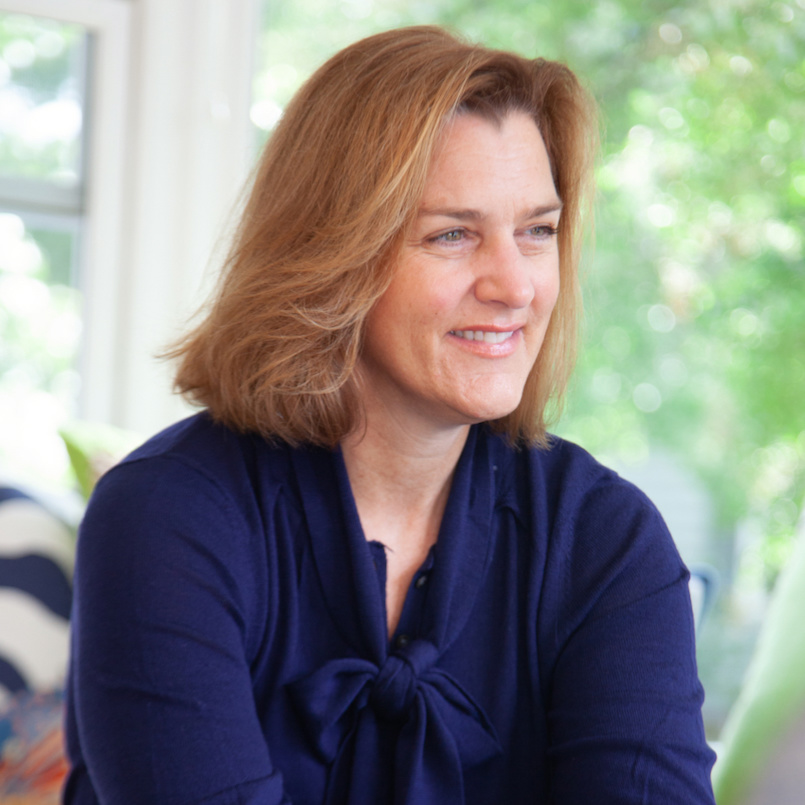
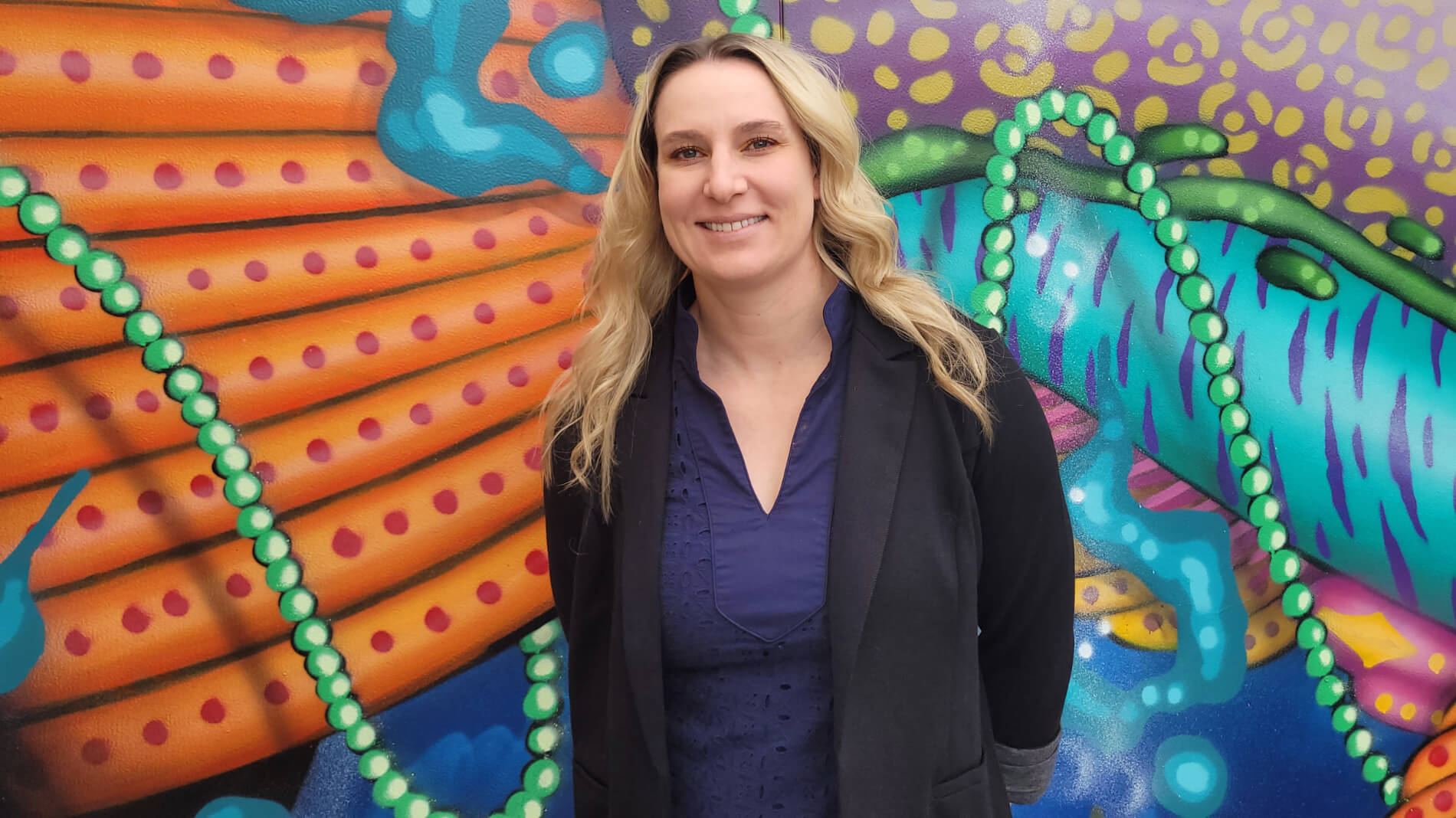







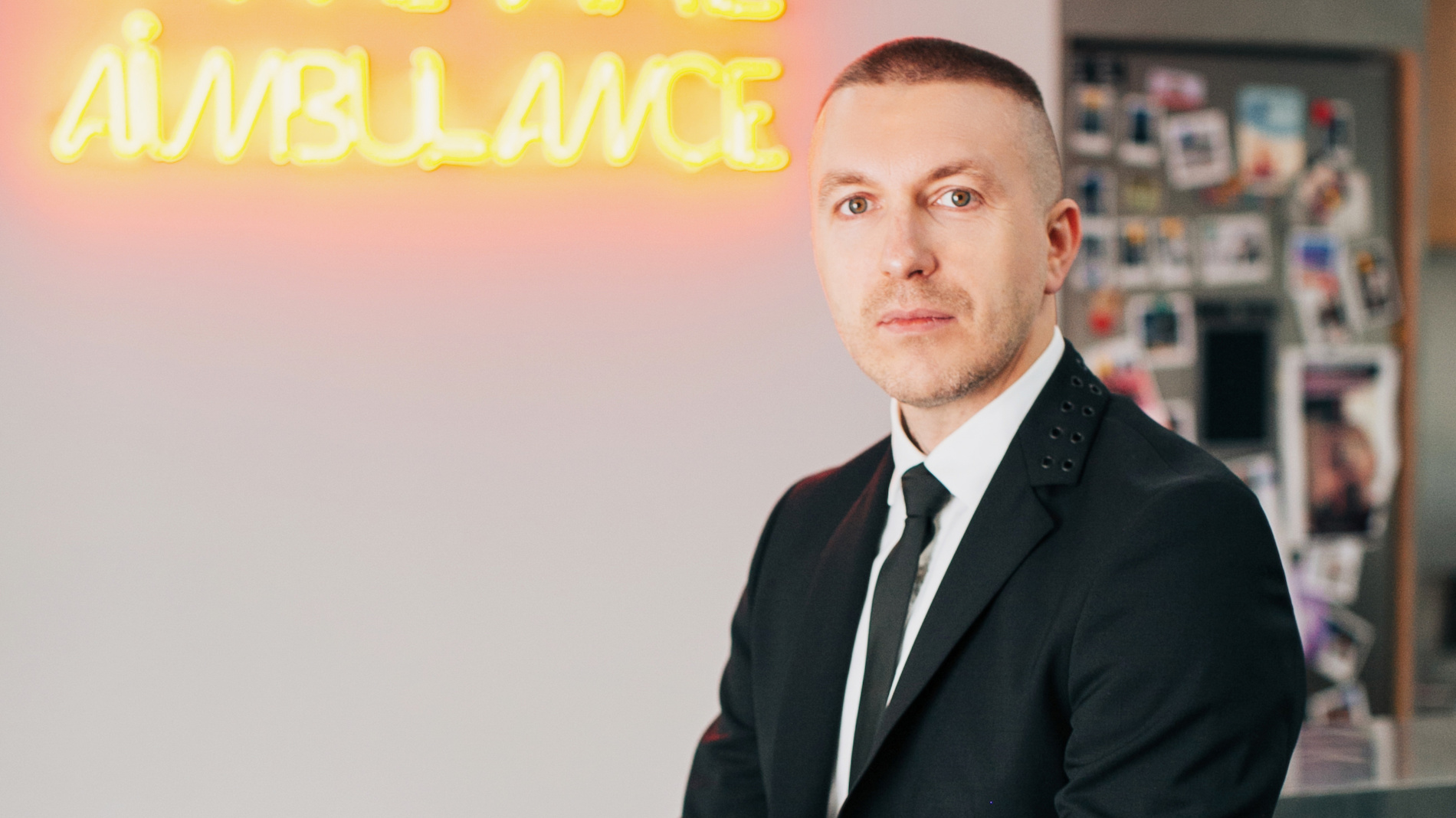

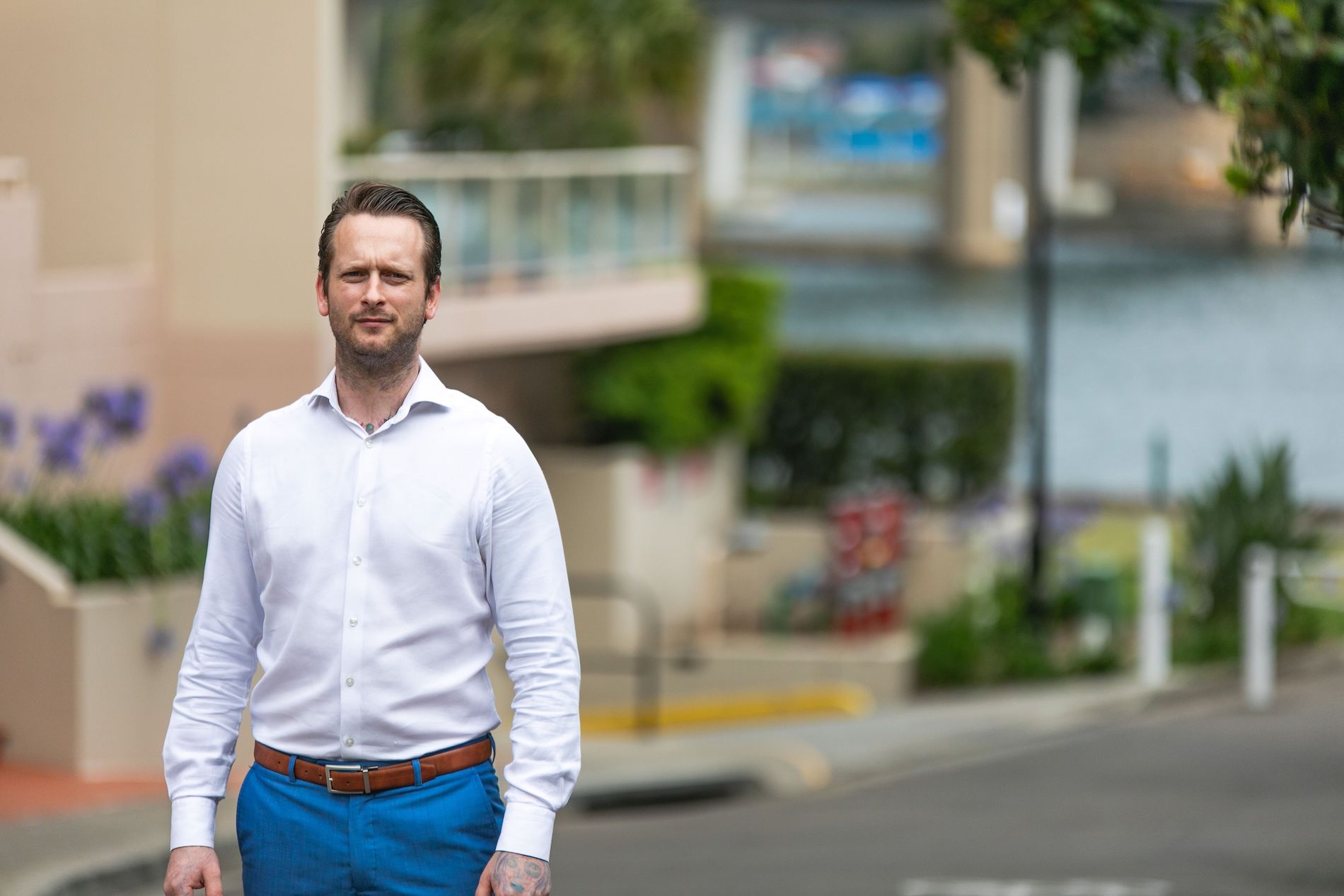





 My Ly is a passionate, energetic, and creative individual who loves networking and helping others to inspire and grow. With over two decades of marketing experience in the beauty, construction, banking, and hospitality industries and a love for writing as she works on her debut novel, My has made the most of the lockdown period, during which she’s done work as an actor, voice over artist, model, and editor during the pandemic. She’s now doing what she can to inspire other people with creative interests to pursue their dreams.
My Ly is a passionate, energetic, and creative individual who loves networking and helping others to inspire and grow. With over two decades of marketing experience in the beauty, construction, banking, and hospitality industries and a love for writing as she works on her debut novel, My has made the most of the lockdown period, during which she’s done work as an actor, voice over artist, model, and editor during the pandemic. She’s now doing what she can to inspire other people with creative interests to pursue their dreams. Pam Katz spent 20 years in the business world, including operating her own digital marketing company. Around the age of 40, she went through a mid-life “re-evaluation”. Even though she had a successful business and was good at what she did, she didn’t feel fulfilled by what she did each day. She decided something had to change, and eventually went back to school to get her master’s in nursing.
Pam Katz spent 20 years in the business world, including operating her own digital marketing company. Around the age of 40, she went through a mid-life “re-evaluation”. Even though she had a successful business and was good at what she did, she didn’t feel fulfilled by what she did each day. She decided something had to change, and eventually went back to school to get her master’s in nursing.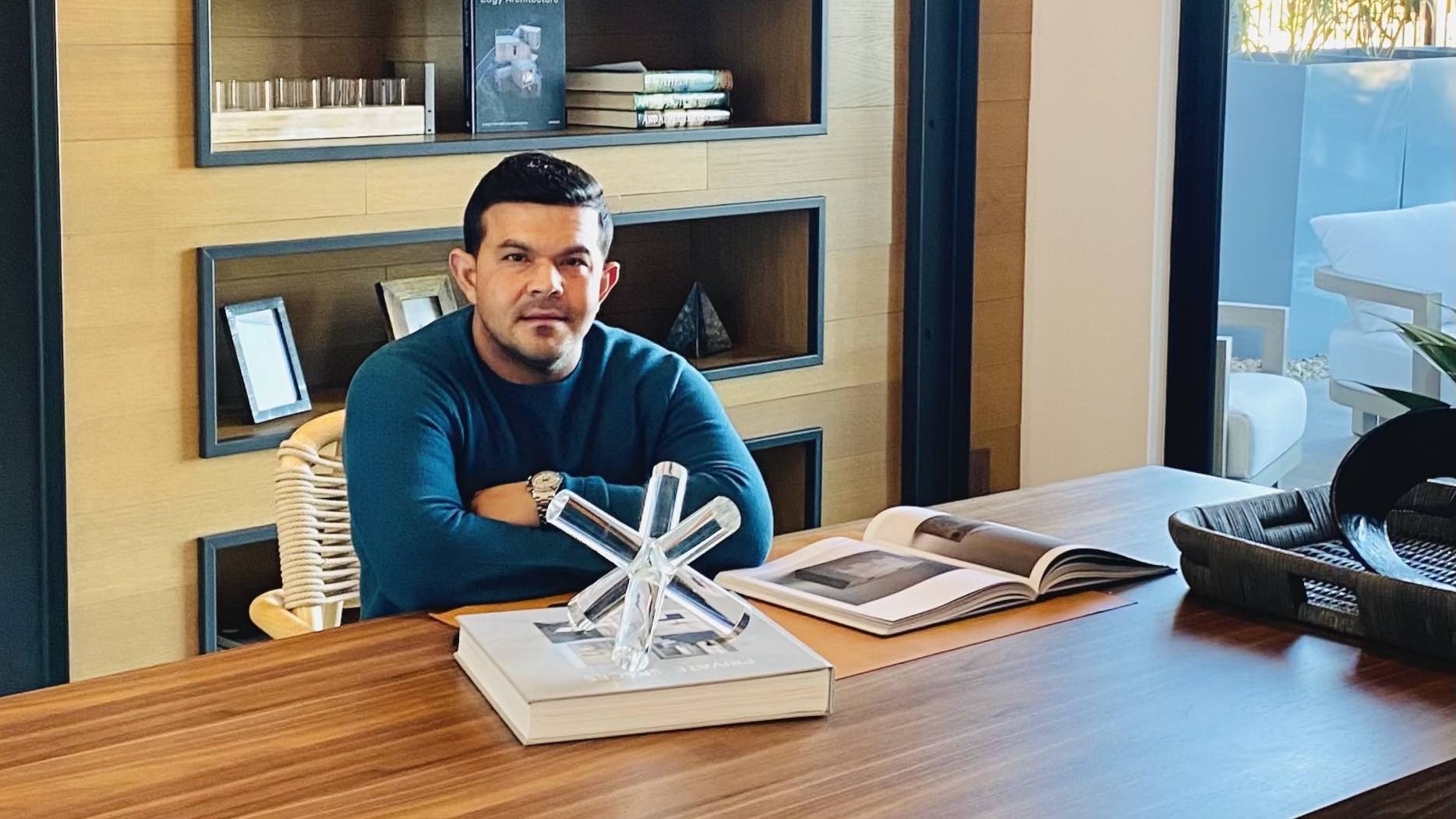



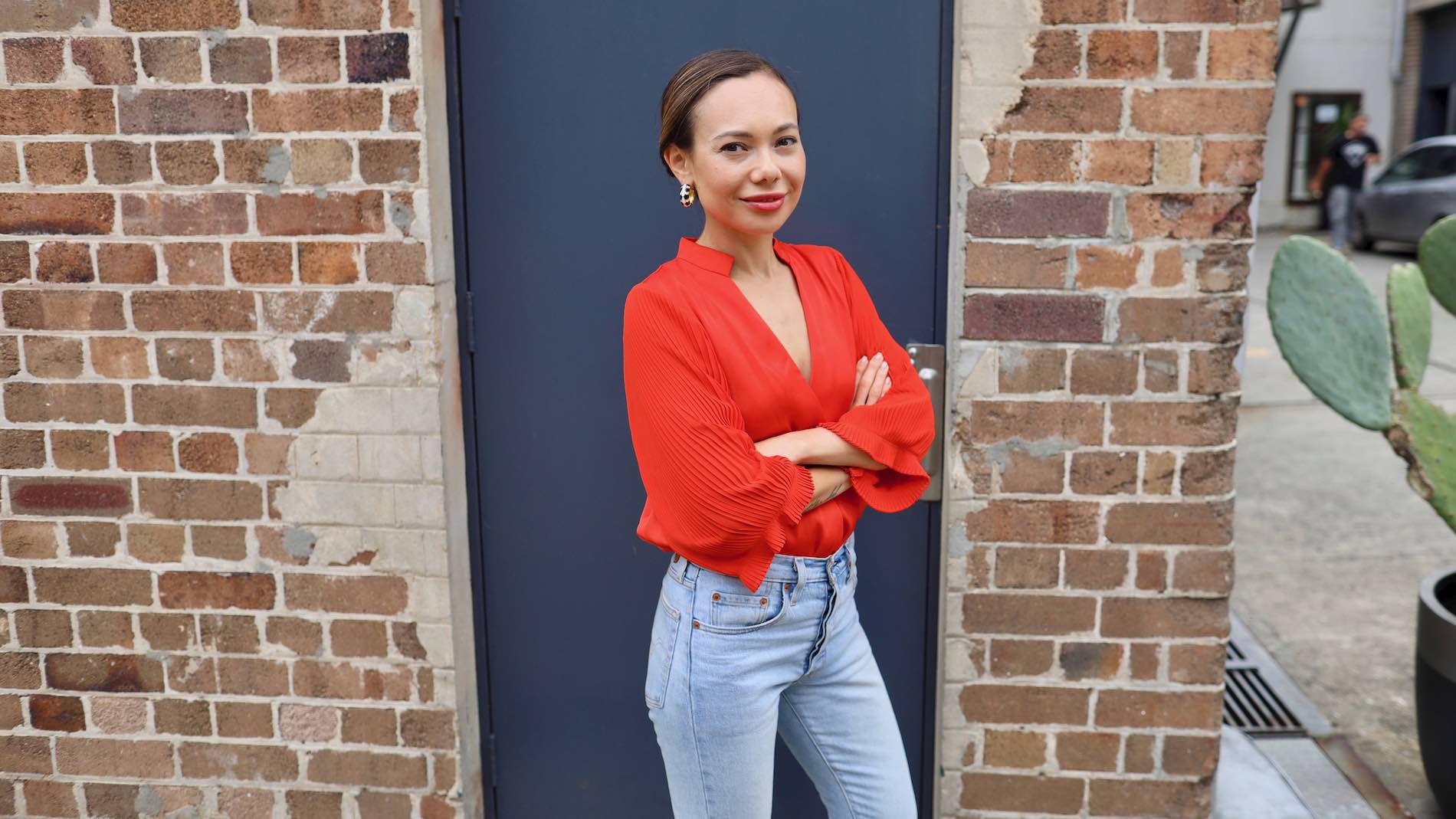
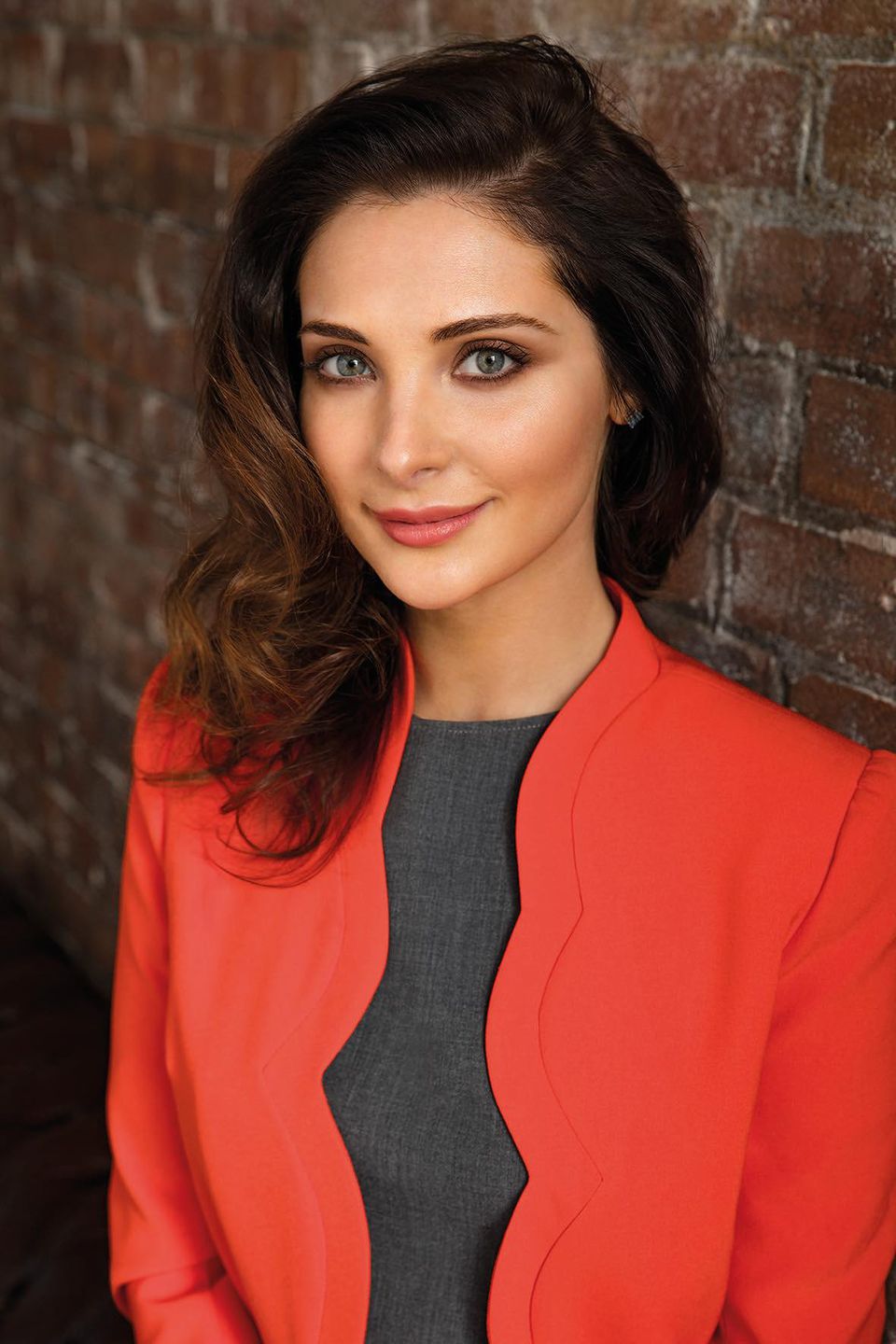
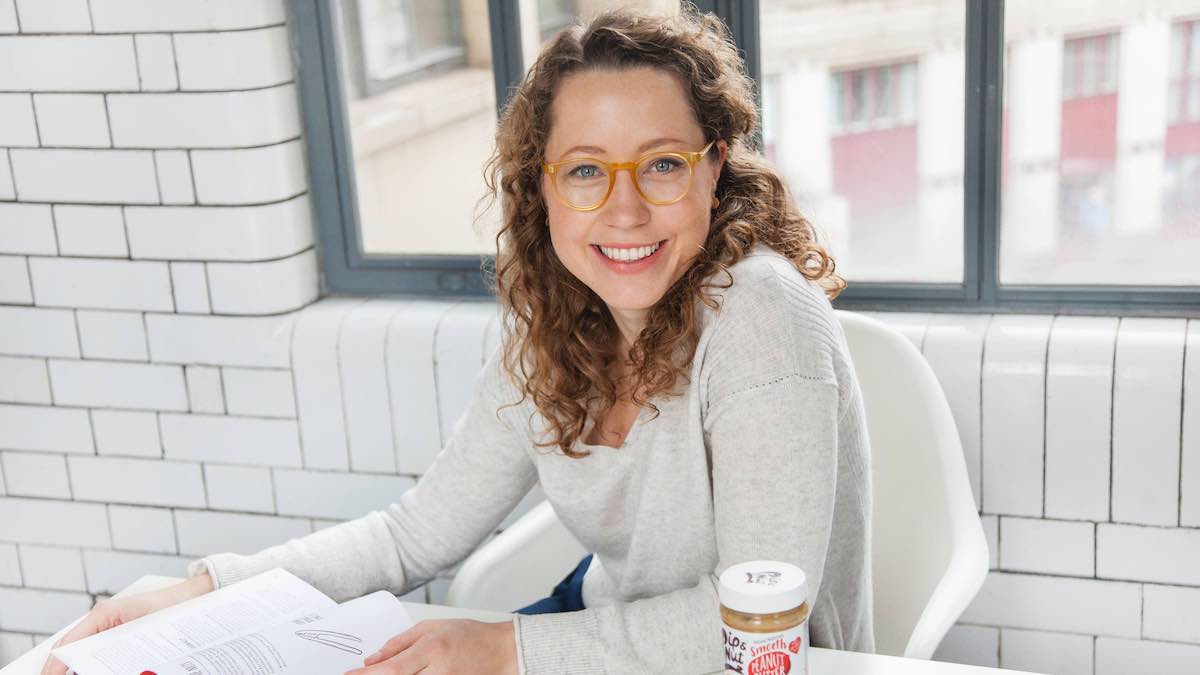

 Tod Jacobs is the Director of the
Tod Jacobs is the Director of the 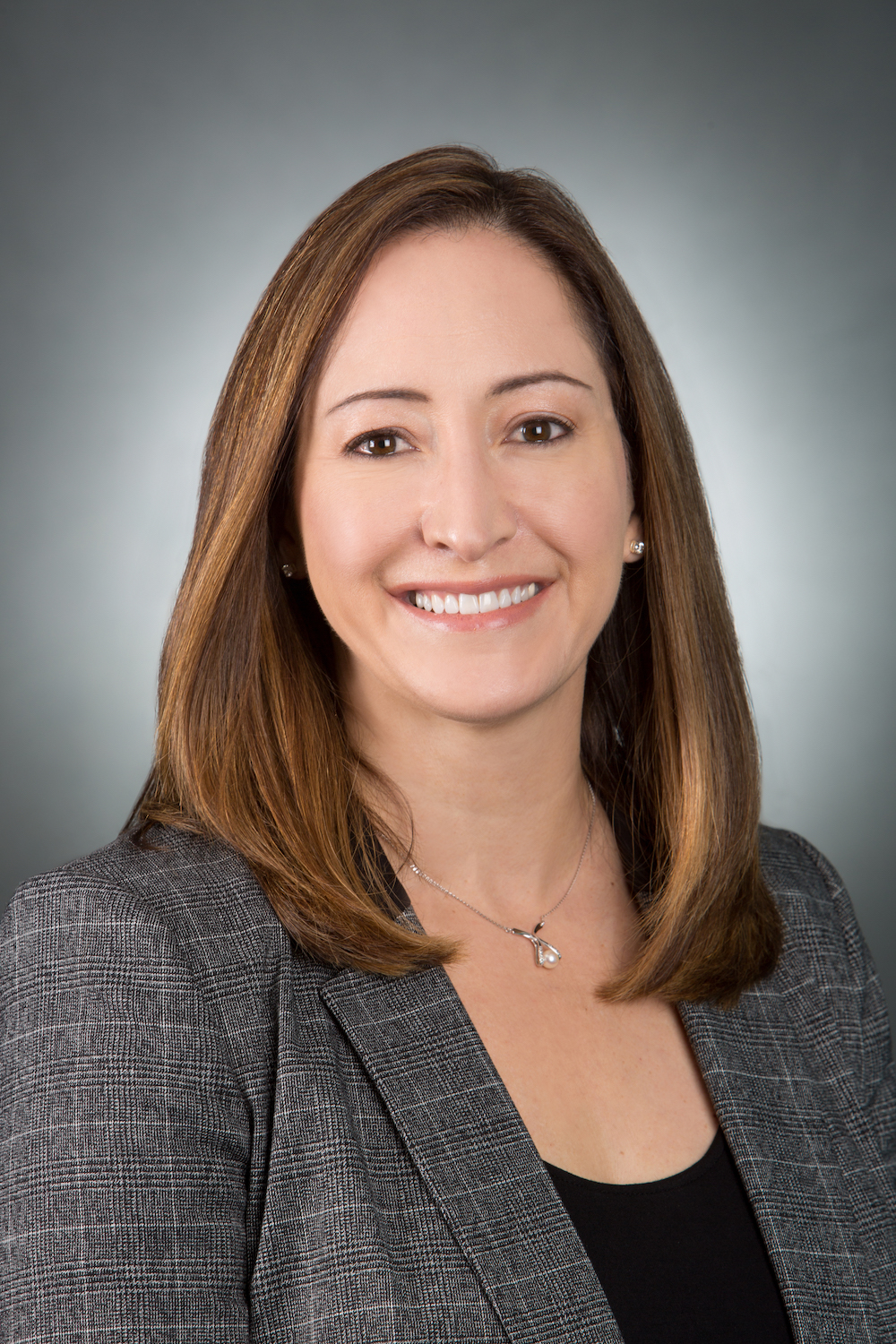
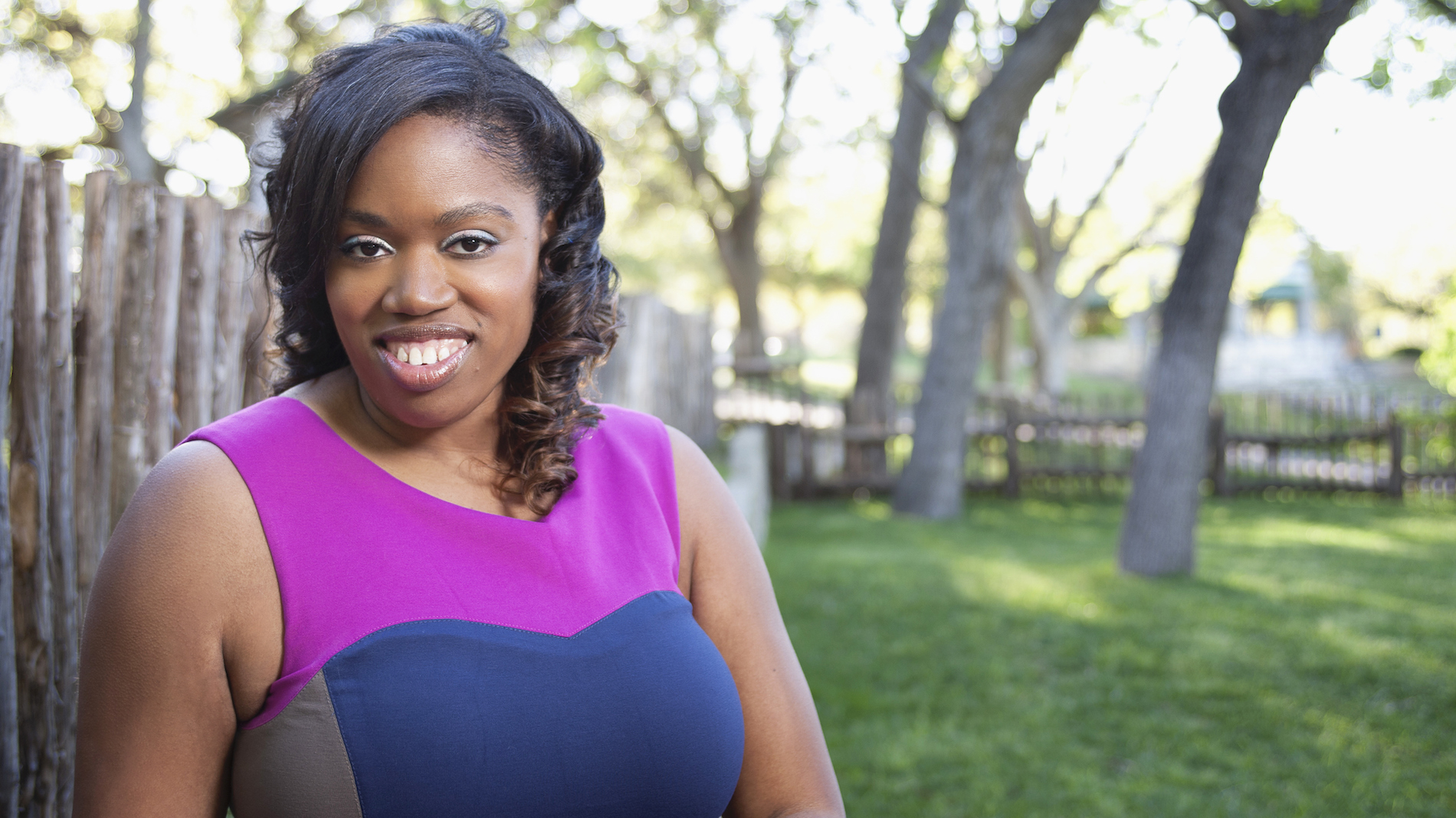


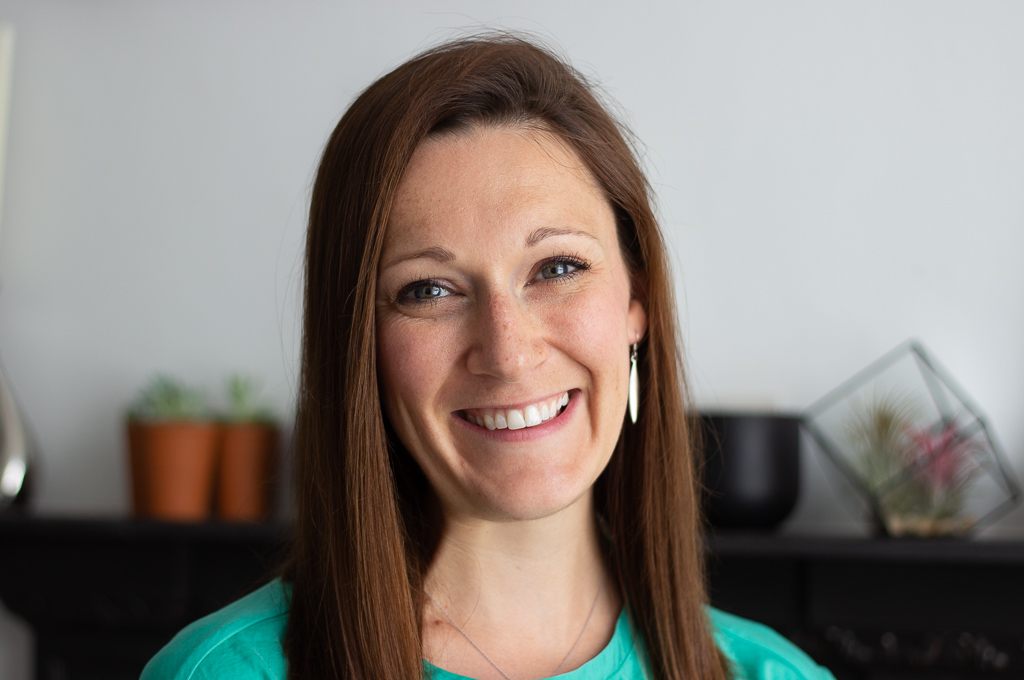










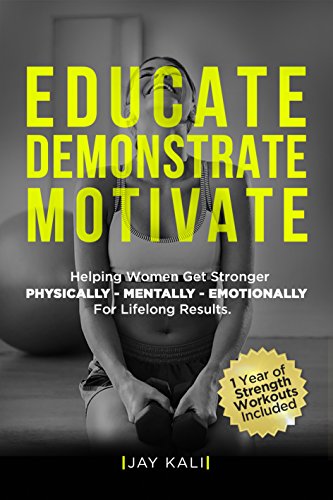









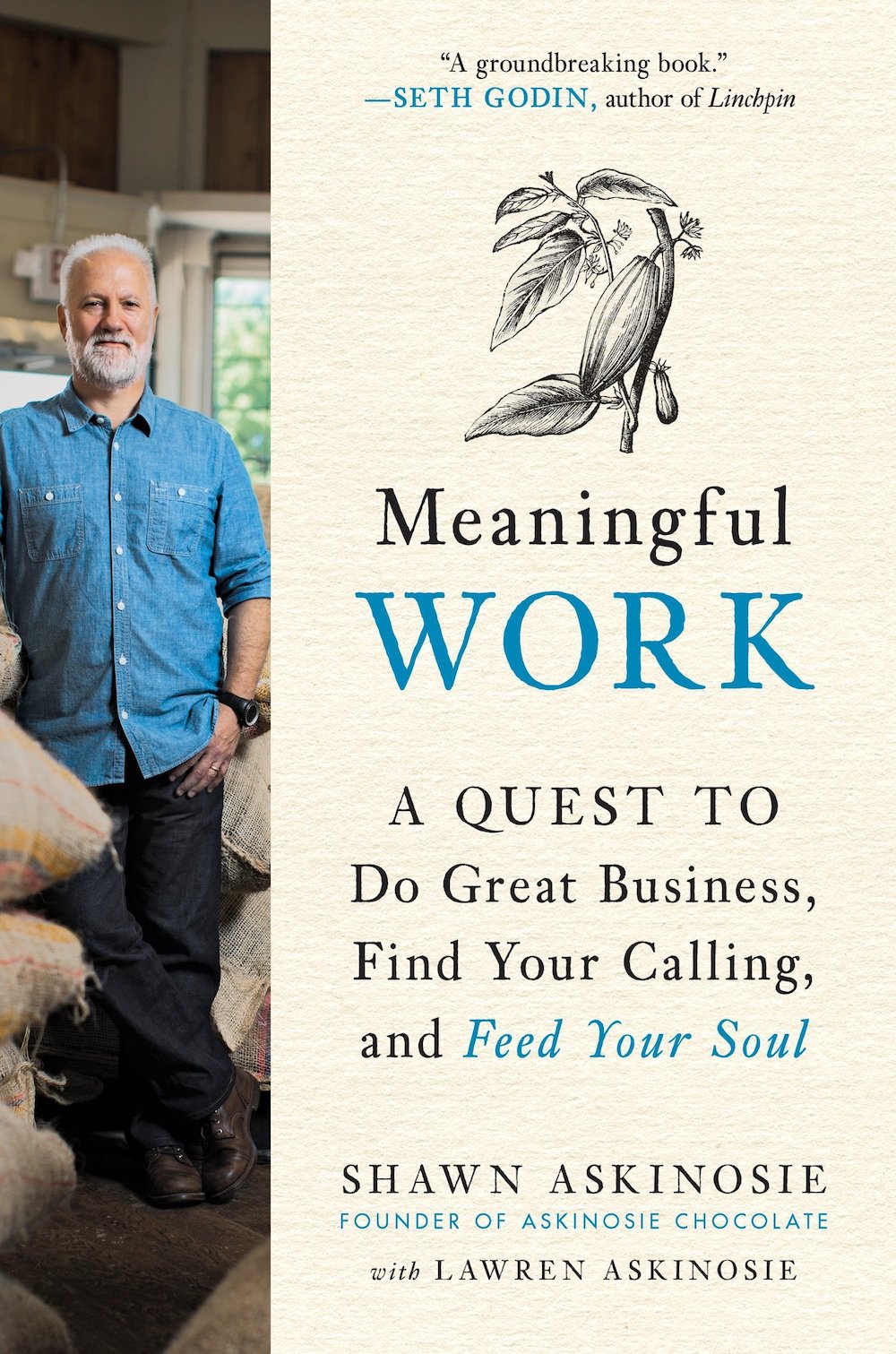





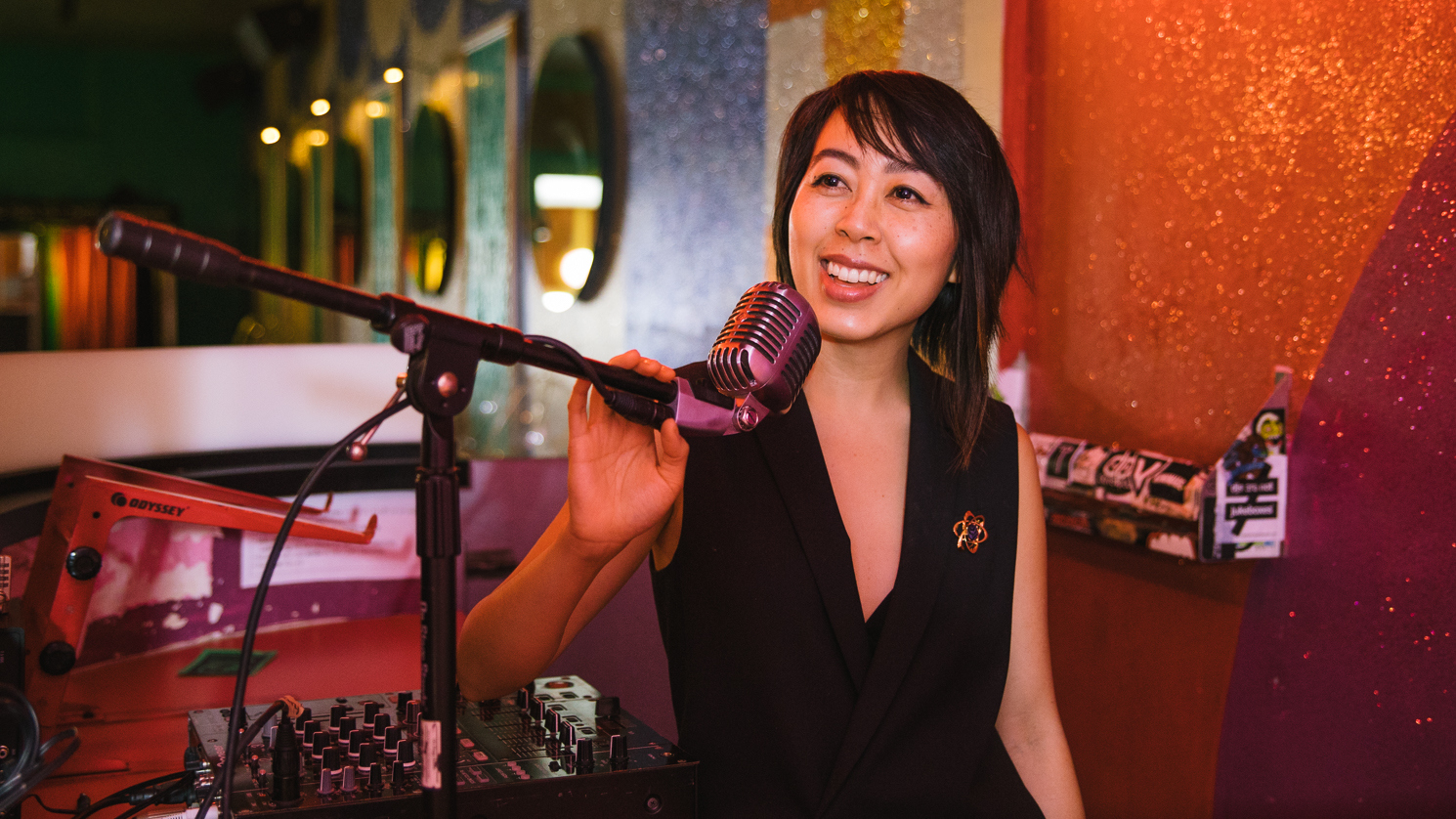





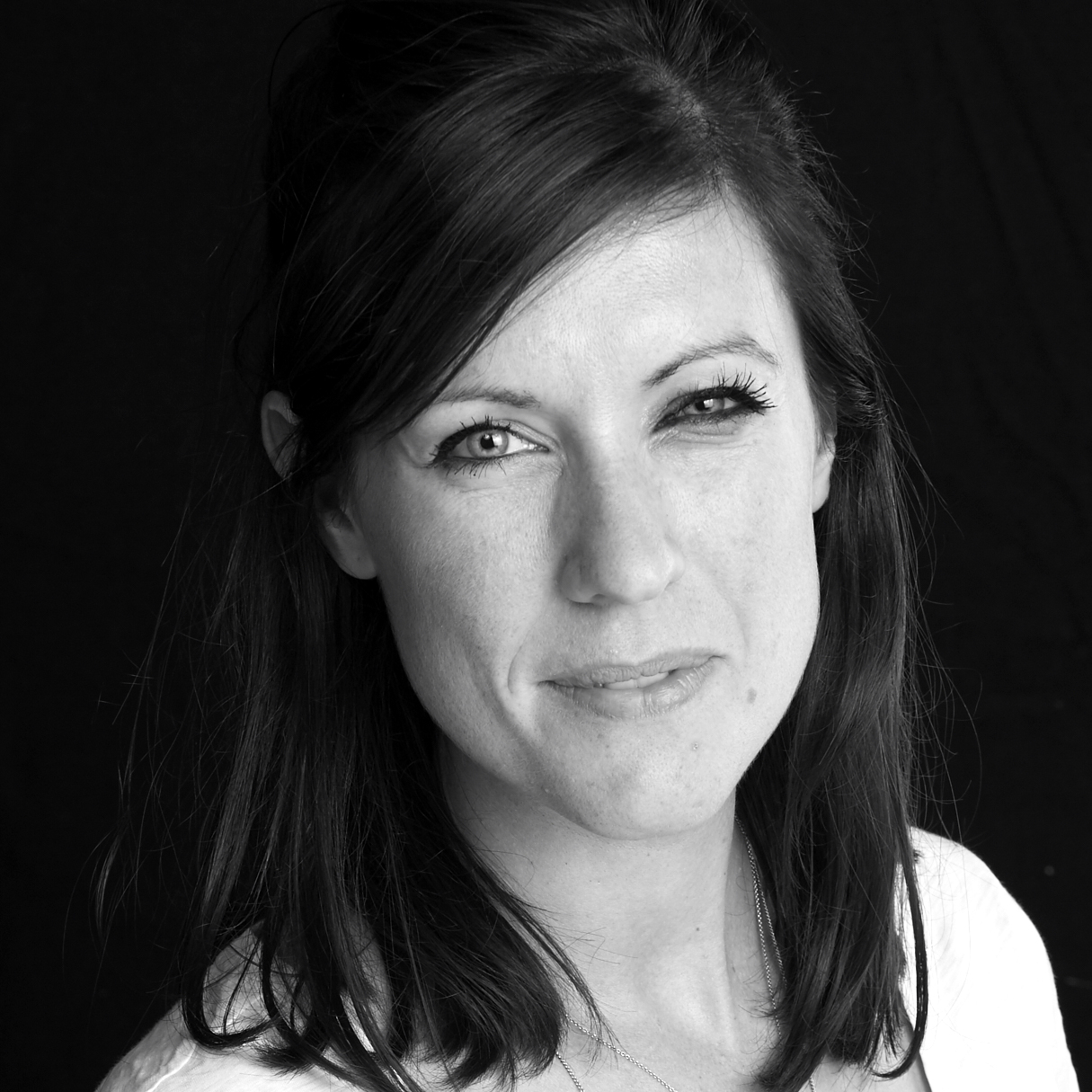





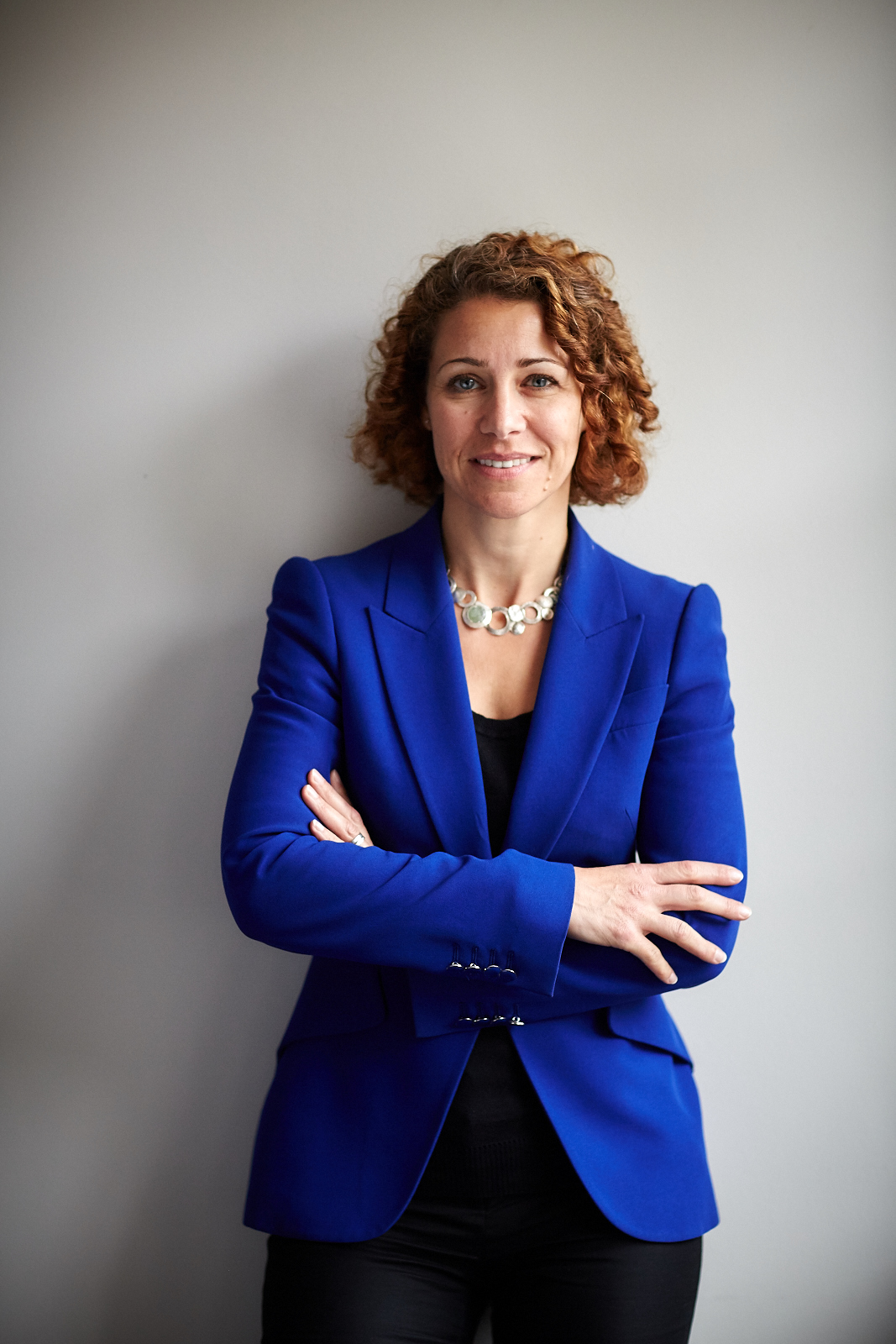







 During this episode’s Mental Fuel segment, I talked about the importance of bravery. I’d welcome you sharing your brave decision in the comments below. Also, if you’re looking for an accountability partner, consider joining the new
During this episode’s Mental Fuel segment, I talked about the importance of bravery. I’d welcome you sharing your brave decision in the comments below. Also, if you’re looking for an accountability partner, consider joining the new 



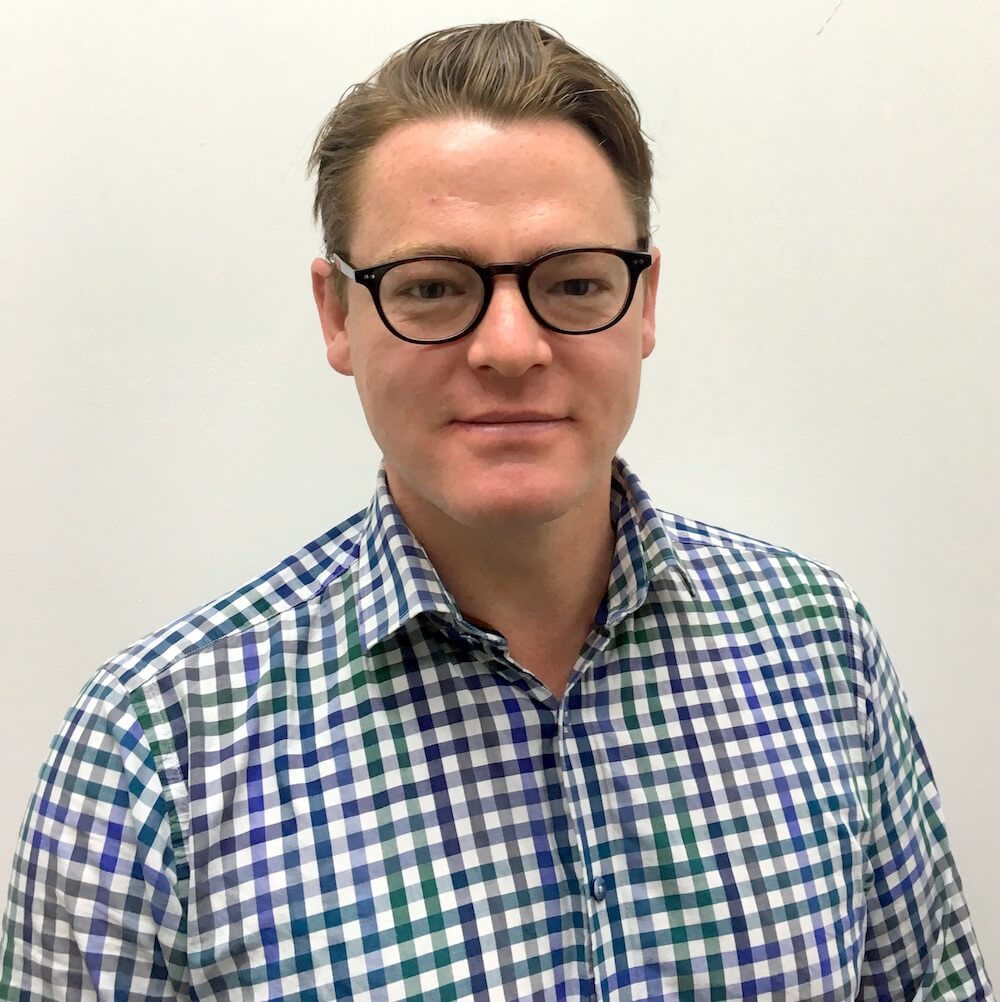
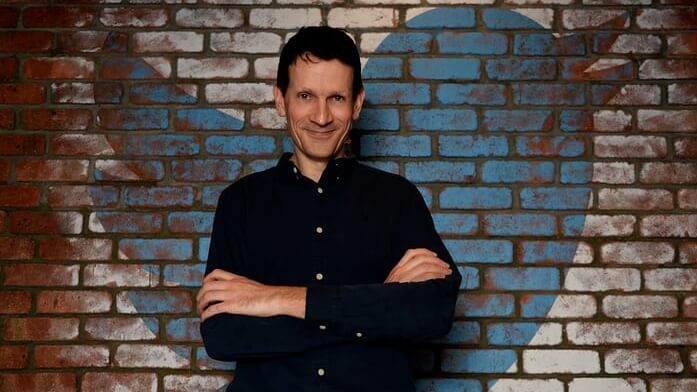
 During this episode’s Mental Fuel segment, I talked about the importance of identifying one mechanism in your life that can recharge you when you get rejected. What’s one thing that you KNOW you can do to help you stand back up after you get knocked down? If you have a useful technique to manage rejection in your own career, share your tip with the Career Relaunch community by leaving a comment below.
During this episode’s Mental Fuel segment, I talked about the importance of identifying one mechanism in your life that can recharge you when you get rejected. What’s one thing that you KNOW you can do to help you stand back up after you get knocked down? If you have a useful technique to manage rejection in your own career, share your tip with the Career Relaunch community by leaving a comment below.

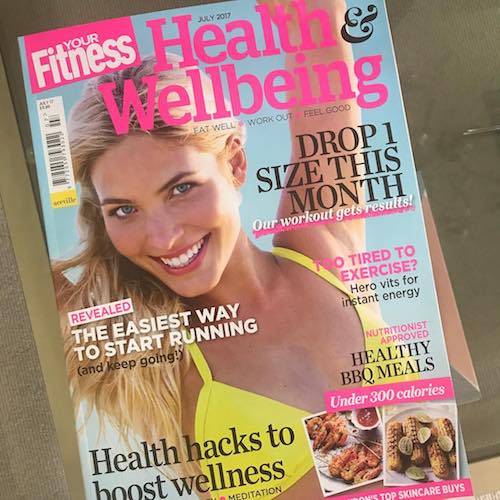
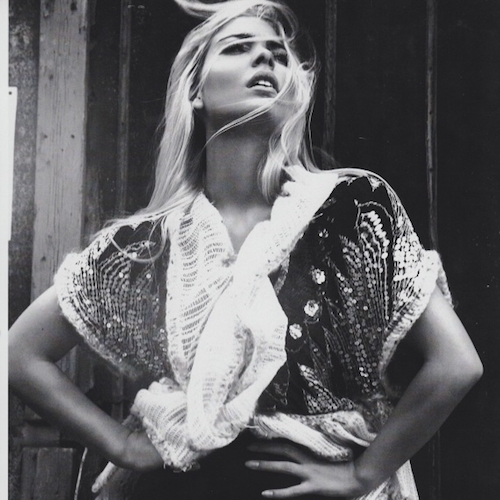


















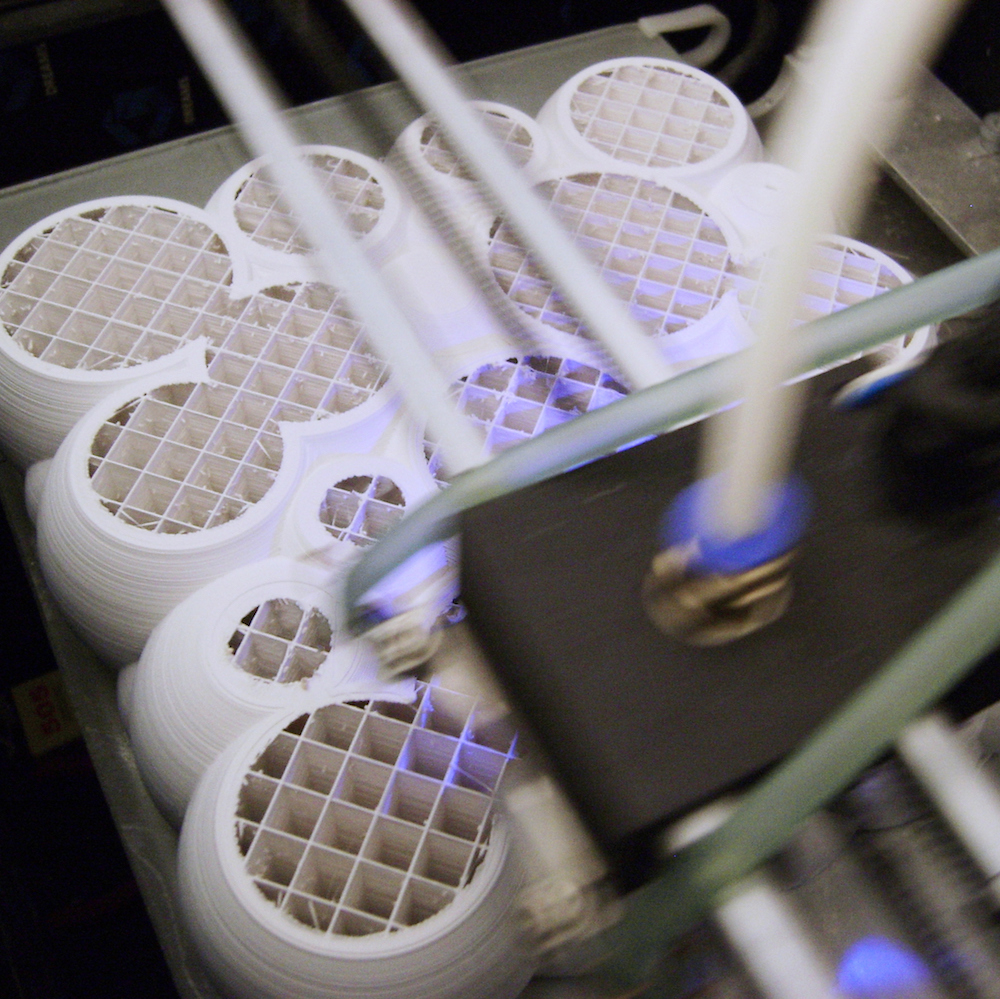


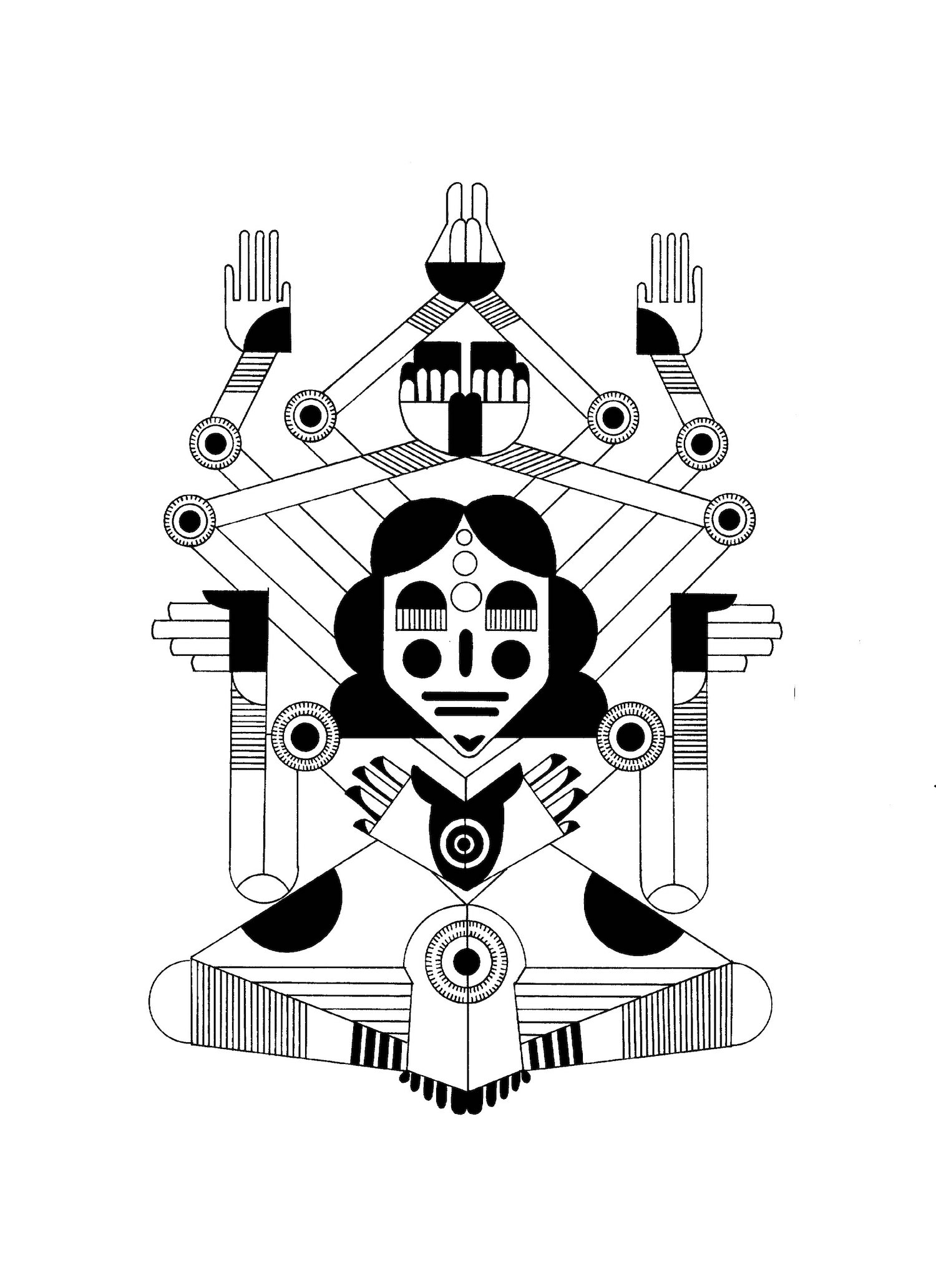

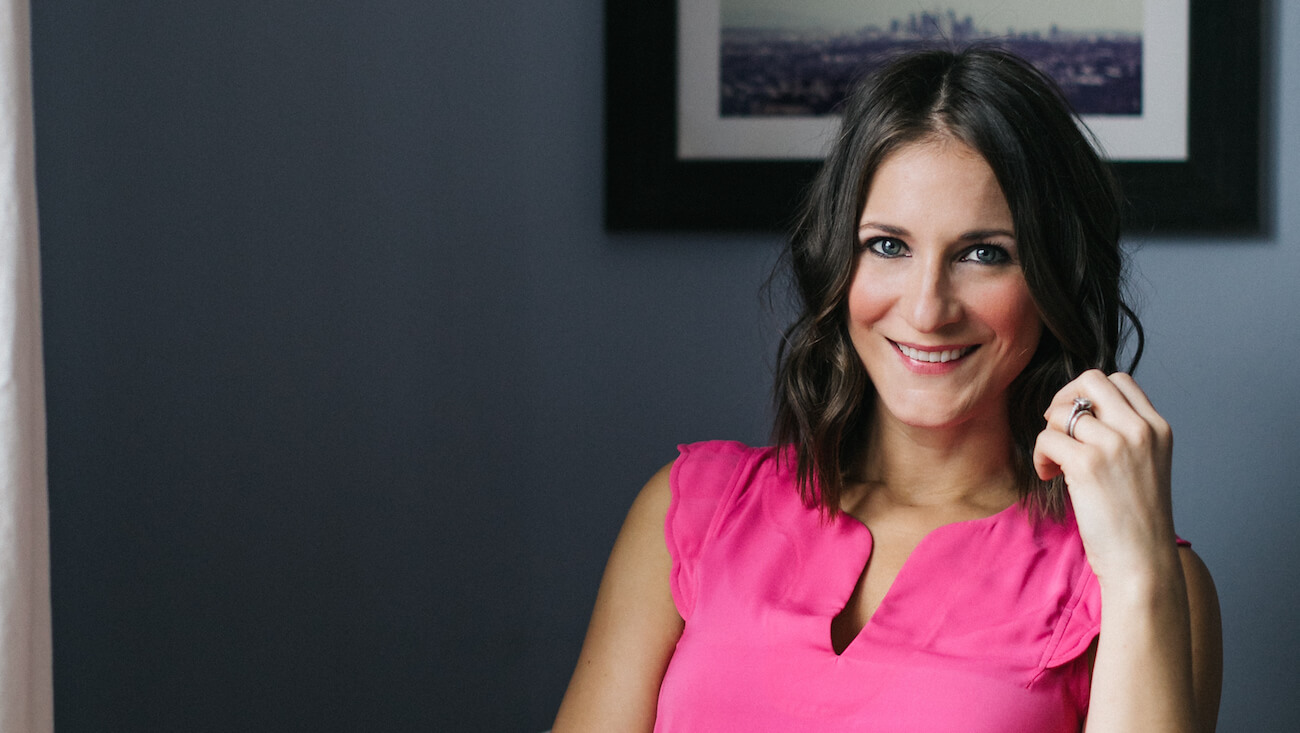



 Stephen Satterfield is a food writer, speaker, food activist, and Founder of
Stephen Satterfield is a food writer, speaker, food activist, and Founder of 


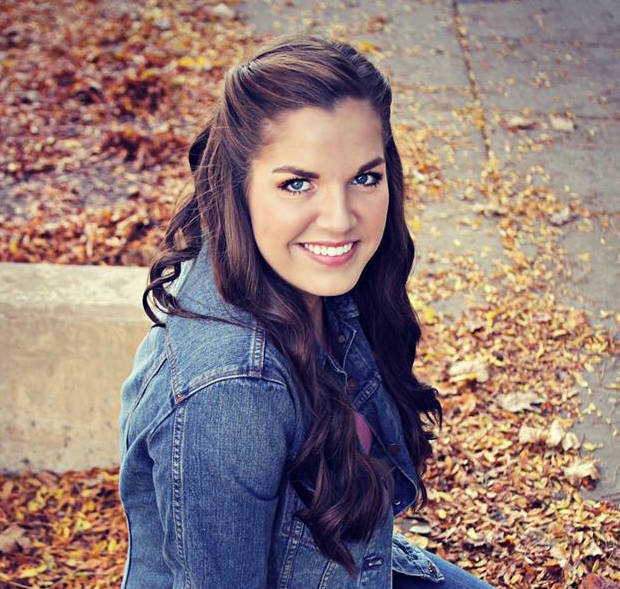
 During this episode’s Mental Fuel segment, I talked about the upside of “career dabbling” and taking the initiative to explore your interests outside your day job. To help brainstorm ways to do this, download my “Test the Waters” Worksheet.
During this episode’s Mental Fuel segment, I talked about the upside of “career dabbling” and taking the initiative to explore your interests outside your day job. To help brainstorm ways to do this, download my “Test the Waters” Worksheet.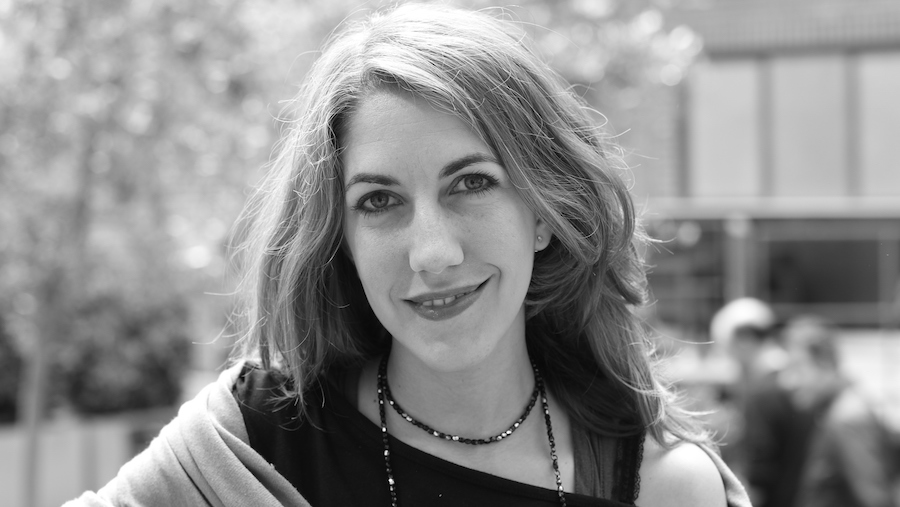





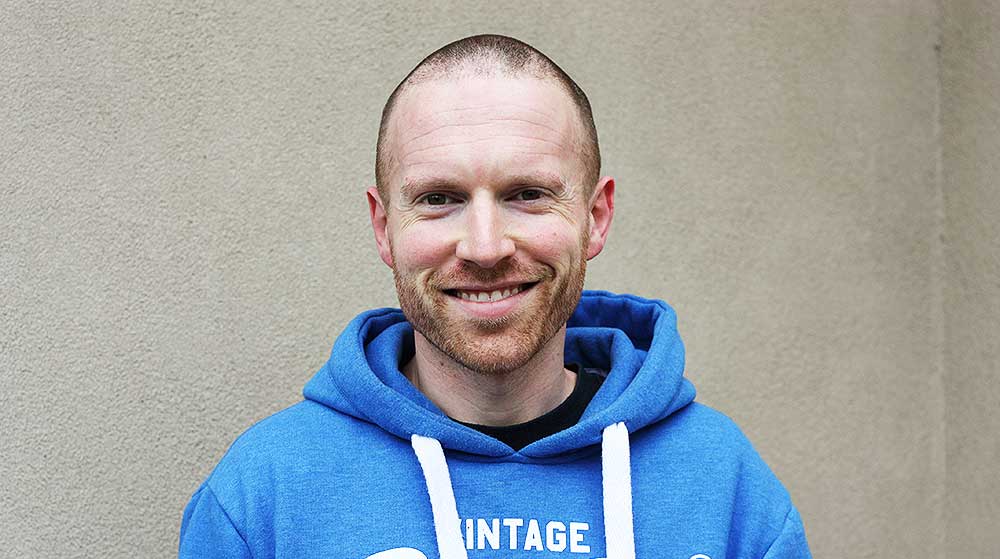

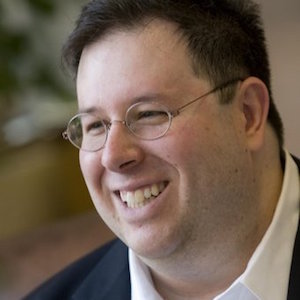
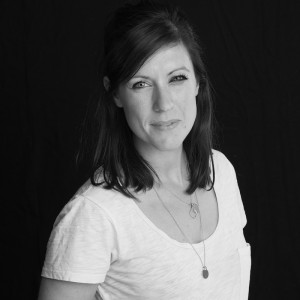





 Career Relaunch is an inspirational podcast that helps you navigate the ups and downs of a career transition. Each episode features informative, insightful interviews with people who have stepped off the beaten path in their careers to pursue more meaningful work. Learn from their unconventional career experiences and gain courage from their brave decisions. Changing careers can be daunting, and my guests are here to provide advice, companionship, and clarity as you relaunch your own career.
Career Relaunch is an inspirational podcast that helps you navigate the ups and downs of a career transition. Each episode features informative, insightful interviews with people who have stepped off the beaten path in their careers to pursue more meaningful work. Learn from their unconventional career experiences and gain courage from their brave decisions. Changing careers can be daunting, and my guests are here to provide advice, companionship, and clarity as you relaunch your own career.


